Coach Inspired Generations of Bookish Reedies
Prof. Jack Scrivens [physical education 1961-99]
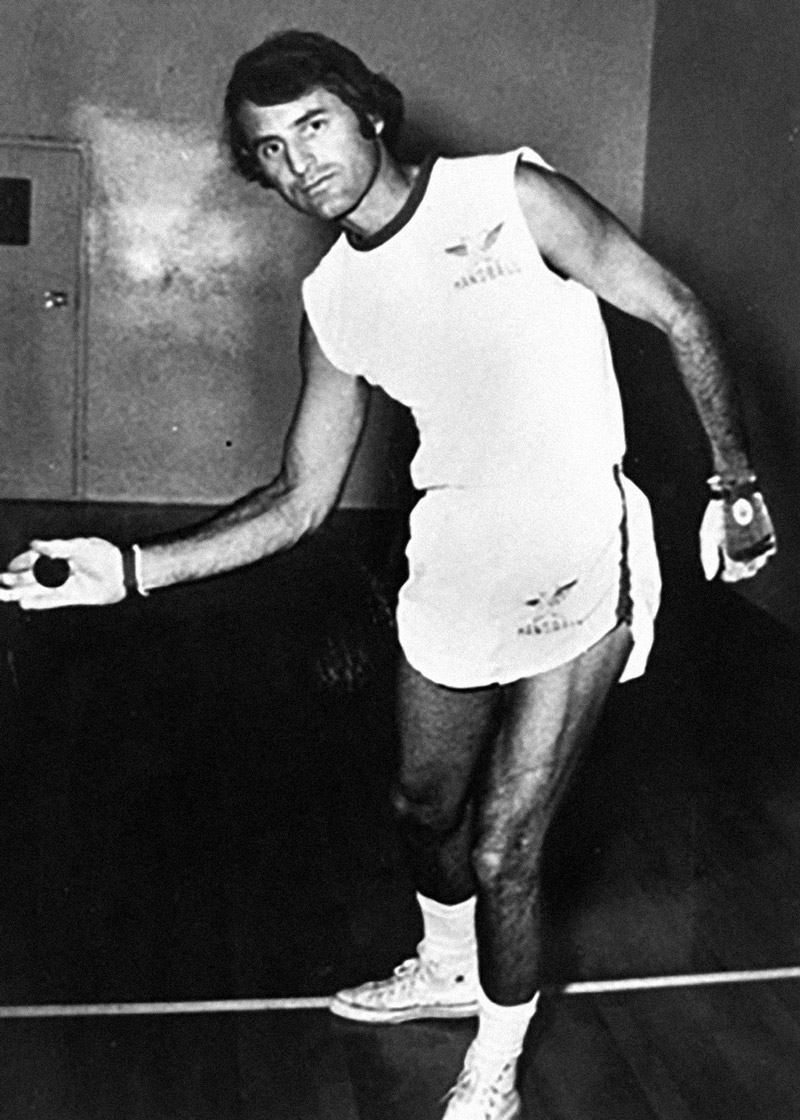
April 22, 2021, in Charbonneau, Oregon.
Prof. Jack Scrivens was a master at finding myriad ways for reluctant students to complete their PE requirement. His legacy includes starting the Reed squash team and playing a key role in the development of the Portland city squash team. After 35 years at Reed, he retired in 1999 as chair of Reed’s physical education department and associate director of the sports center.
One in a family of six children, Scrivens grew up just down the street from Reed near Franklin High School. His father died when Scrivens was 10, and the children scrambled to get jobs to support the family. Scrivens washed dishes at a restaurant and watered flowers at a floral shop. His mother got her children involved in a program of athletics at the YMCA sponsored by the two daily newspapers to keep young people off the streets, which honed his interest in sports.
“My mom always let us know, ‘If you want to go on to college, you better figure some way, either academically or athletically,’” he said. “We were all not too inclined academically, so we took the other way out and started playing sports.”
His older brothers paved the way, becoming high school athletes who were rewarded with college scholarships. He followed suit, made all-city first string his senior year at Franklin, and received a basketball scholarship to Willamette University. He later transferred to the University of Portland, where the basketball team traveled frequently, playing teams like Notre Dame, DePaul, and Bradley.
“In my senior year, we became the state champions, so to speak, because we beat both Oregon and Oregon State that year, which is kind of unheard of,” he remembered. “I don’t think it’s been done since then.”
When Scrivens was drafted, the veteran administrator at UP got him a deferment so he could graduate, and advised him to join the National Guard. The UP basketball coach kept a fellowship open so that Scrivens was able to return and do graduate work after his eight years in the Guard. Joining the staff at UP as a freshman basketball coach and assistant varsity basketball coach, he completed his master’s degree in education administration.
His dream was to find a job coaching basketball. He got a job teaching physical education at Portland’s Russellville Grade School. Two years later, the director of physical education at Reed, Prof. Jerry Barta [physical education 1956–88], contacted Scrivens to see if he would be interested in filling a one-year appointment for a physical education professor on leave.
“Thank you,” Scrivens replied. “Get me out of this grade school teaching! These kids are driving me nuts.”
When Barta’s assistant decided not to return to Reed, Scrivens was kept on and, after six years, granted tenure. He was initially surprised that such a highly academic school required students to take two years of physical education.
“There were some younger faculty members who thought they ought to do away with the physical education requirement here at Reed,” he recalled, “But it was the old guard faculty members who said, ‘If there’s any school that really needs physical education, it’s Reed College.’ Because these students have such a rigorous academic schedule that they do need a release of one or two hours a week away from the books, and actually be forced to do it by keeping the requirement, because if you didn’t have the requirement, they wouldn’t do it.” In 1970, the PE requirement was changed to two hours a week for a year and a half.
Scrivens considered Reed his home, and, early in his Reed career, he lived in a modest dorm on campus, where he assisted students with adjusting to campus life. He was eager to teach handball, squash, racquetball, basketball, golf, or any sport to apply toward satisfying their PE requirements. He was equally loyal to his colleagues and often sponsored them to join the Multnomah Athletic Club.
One of his colleagues, Prof. Peter Steinberger [political science 1977–], recalled, “Many years ago, Jack taught me to play squash and thereby imparted to me the astonishing lifelong joy of chasing a little black ball around a small room at close quarters. More importantly, he did the same for untold generations of Reedies. They loved him for it, and many of them continue to profit tremendously from this precious gift. Sometime later, he and I—along with our regular partners, Pat McDougal [chemistry 1990–2013] and Chuck Svitavsky [English 1961–98]—spent countless hours chasing little white balls across vast expanses of lawn and, all too often, field and forest. The game was tough, the camaraderie wonderful. Of course, Jack was himself a tremendous athlete, a Division I college basketball star and, later, a national champion handball player. But throughout his life and career, he espoused and exemplified an utterly Reed-like conception of mind and body—the thoughtful, reflective, and even analytic employment of one’s own physical resources as governed by principles of self-improvement, healthy competition, and fun. He was truly a Reed institution.”
One of Scrivens’s duties was filling out the students’ activity cards, where they recorded their physical activities, like playing squash or tennis.
“If we didn’t check them really closely,” he said, “we would find sometimes that the students would write in ‘intercourse: three hours’ or something.”
In the ’60s, Reed played six-man tackle football. On Columbus Day 1962, Reed faced off against Columbia Christian College at the Reed football field, and for the first half, the game was close. Then at halftime, a Reed student drove a motorcycle between the goalposts with another student riding behind banging garbage can lids together as an accompanying group of students sang “Onward Christian Soldiers.” From the middle of the group, a man emerged with a wreath circling his shoulder-length hair and a large cross over his shoulder, which he dragged across the field.
“I’m looking across at the people from the Christian school and their eyes were wide open,” Scrivens recalled. “They couldn’t believe it.”
Reed played exceedingly well in the second half and won the game. By that time, the sky was turning red and the treetops were swaying at the golf course across the street. The wind continued to pick up, and in short order, treetops began breaking off and towels and equipment began flying through the air. The Reed team scrambled back to the locker room. One student tapped Scrivens on the shoulder and said, “I just want to tell you, coach, I feel really bad. I think we beat the Christians so badly that the wrath of God is coming down on us.” The Columbus Day Storm of 1962 is generally reckoned to be the most powerful extratropical cyclone to hit the United States in the 20th century. (It should be noted that other accounts date the crucifixion episode to 1959.)
Scrivens was Reed’s last nonacademic faculty member. Upon his retirement, the college made it a staff position.
“Jack devoted 38 years of coaching the Reed students, faculty, and staff with his motto, ‘Exercise extends your warranty,’” said Lois Hobbs, for many years an administrative assistant to the faculty.
“Reed made me a more well-rounded, better person,” Scrivens said, “because my whole life was just athletics. At Reed I got to get involved with students who took my classes. I got to see the other side of the student, the academic side. Some of them asked me to be on their orals board.”
When he retired, he was still single, but soon he reconnected with the woman who would become his wife. Though they had gone to different schools, he had known Shirley since high school. They married in 2001 and purchased a home on the golf course in Charbonneau.
“Jack possessed many admirable qualities,” Hobbs recalled. “I was genuinely fond of his family members. Each year, the adults took turns working with the youngest grandchild teaching golf techniques and to always display good sportsmanship. They had a family golf tournament every summer at Glendoveer. Jack made trophies, which he presented at dinner. The final trophy was for the bad sport, who was breaking his club over his knee. It was often presented to the person who had an atrocious game, but was truly not a bad sport. I always looked forward to this event with him. I believe my finesse shot improved with his always willing attention.”
Scrivens was a prominent member of the Multnomah Athletic Club for more than 60 years, a member of the PIL Hall of Fame, and was inducted into the Oregon Sports Hall of Fame in 1986. He won national championships in handball, and many local, state, and regional championships in handball and squash, and played amateur league basketball.
Former trustee Marshall Pagon ’78 established the Jack Scrivens Scholarship in his honor.
He is survived by his wife, Shirley; his sister, Lewella Scrivens; and his stepchildren.
Appeared in Reed magazine: September 2021
comments powered by DisqusFrom the Archives: The Lives they Led
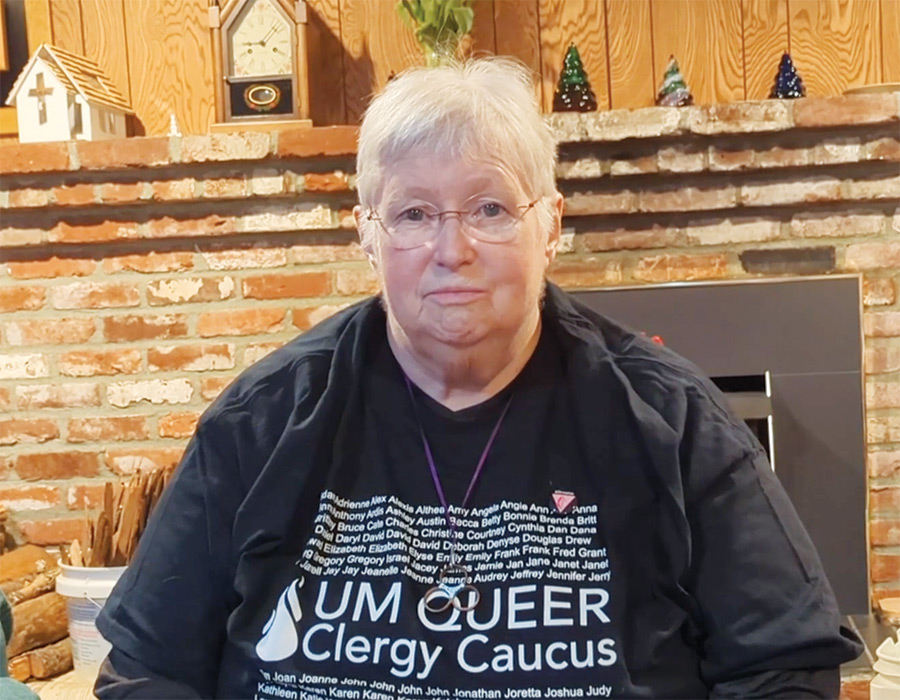
Jeanne Knepper ’69
The First Openly Gay Woman to Be Ordained and Appointed Within the Oregon-Idaho Conference of the United Methodist Church
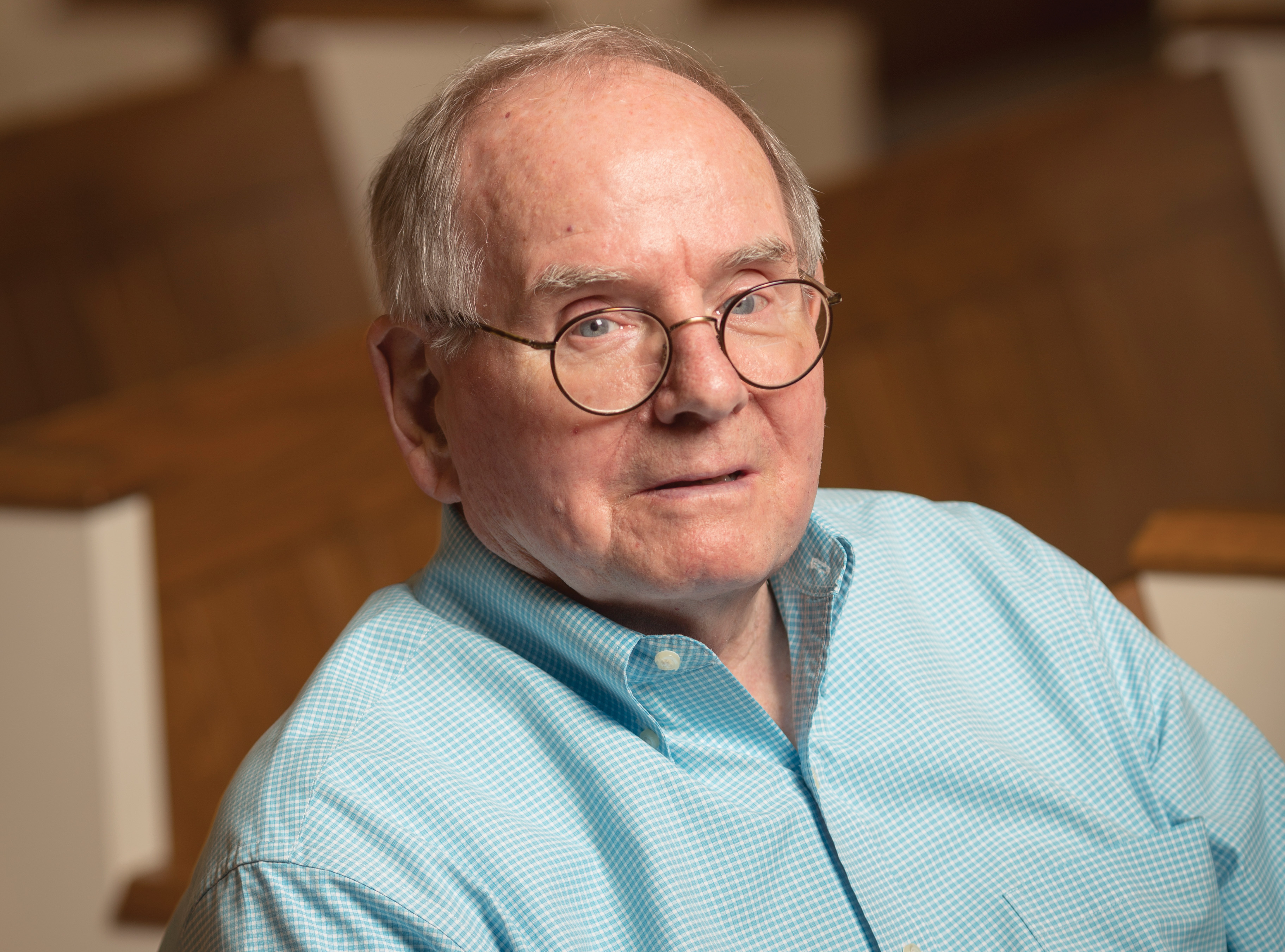
William Haden
As Acting President of Reed, He Strengthened the College's Finances and Alumni Relations
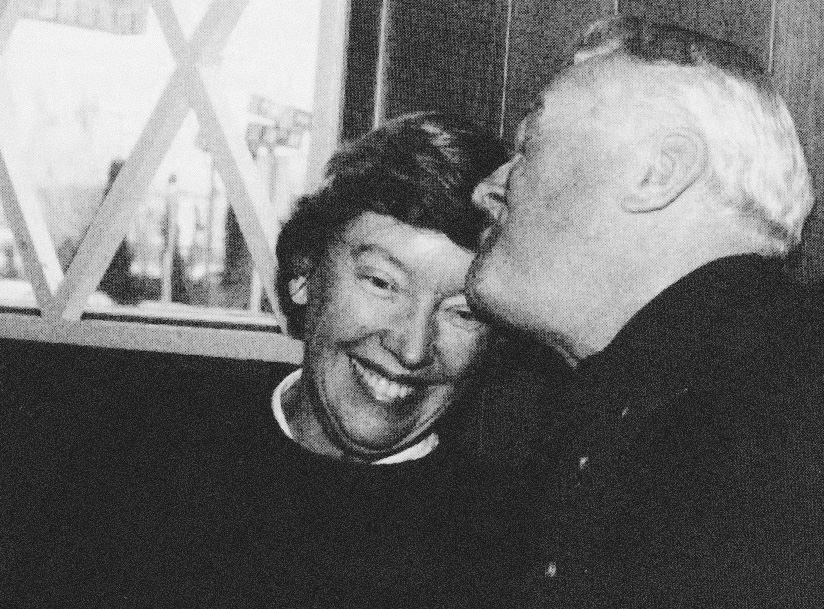
Nancy Horton Bragdon
Reed’s First Lady Whose Warmth and Leadership Were Invaluable During a Turbulent Time

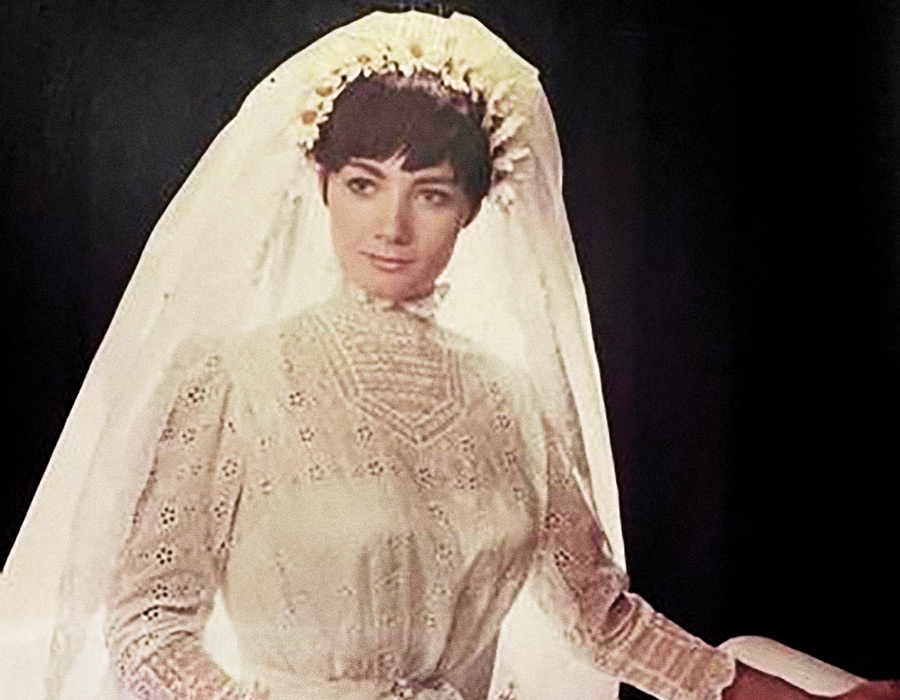
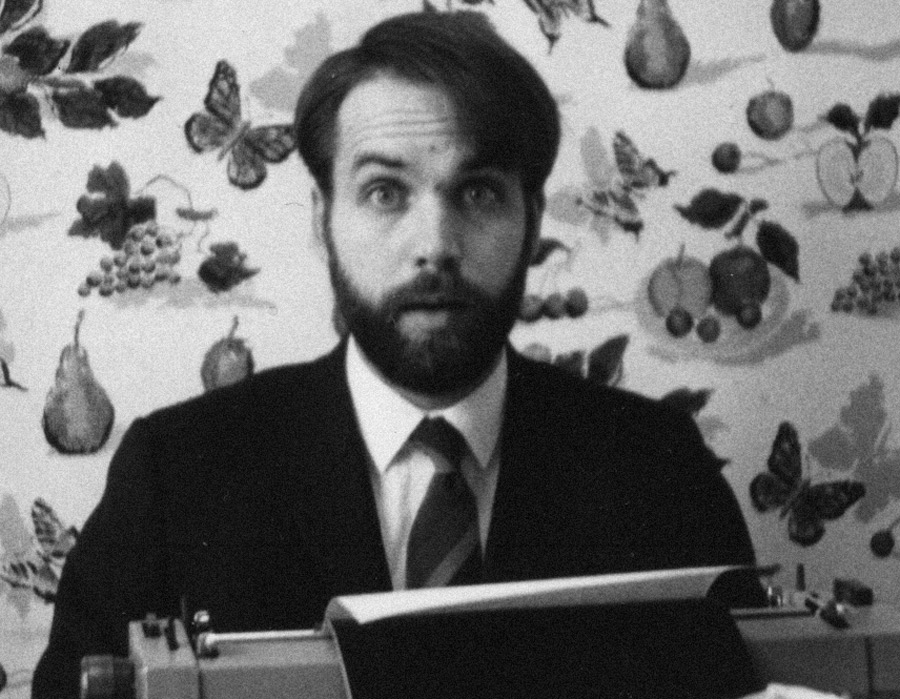
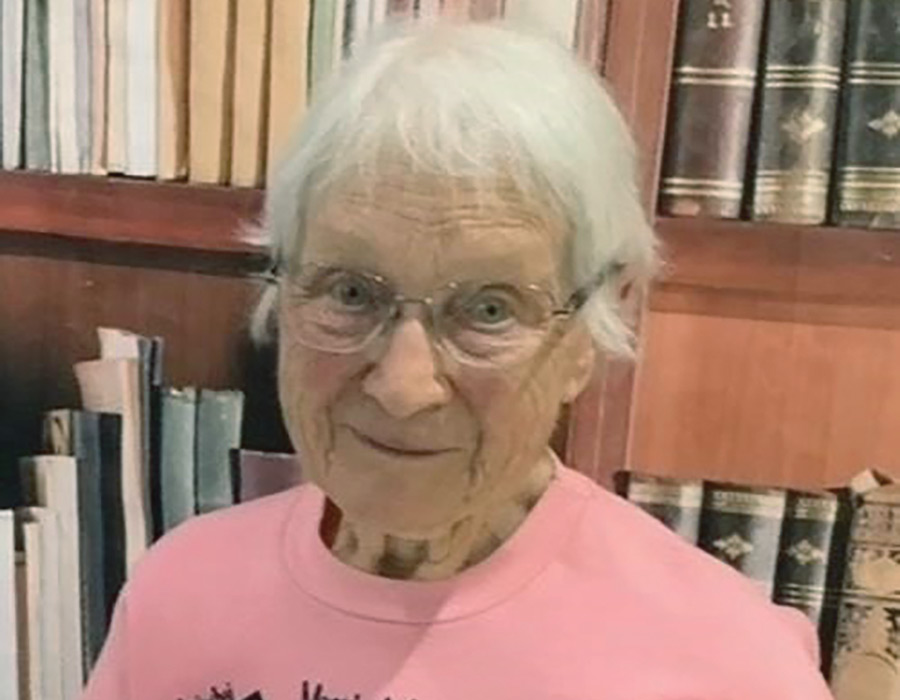
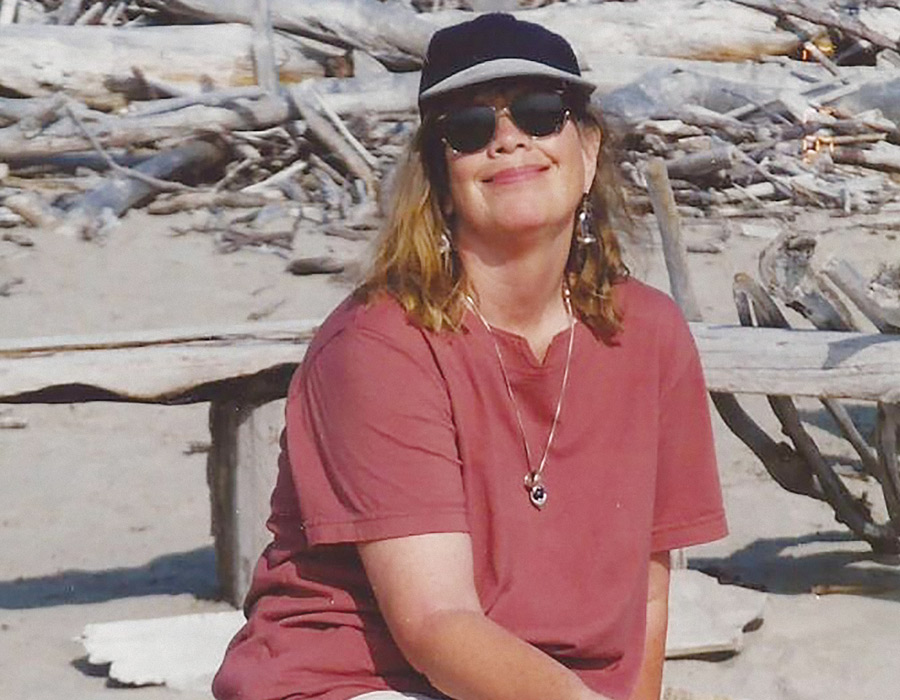
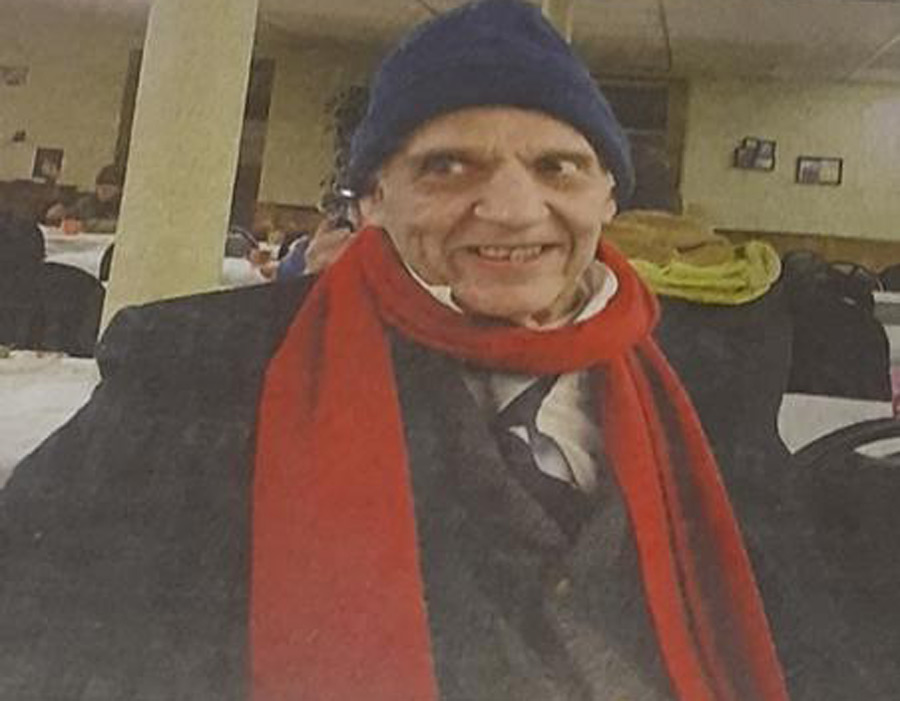
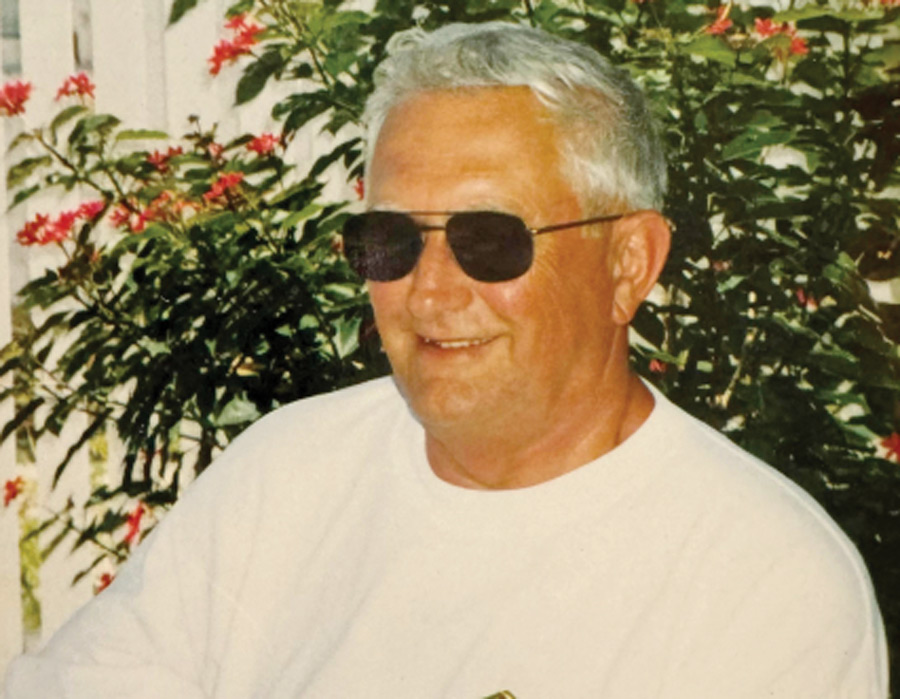
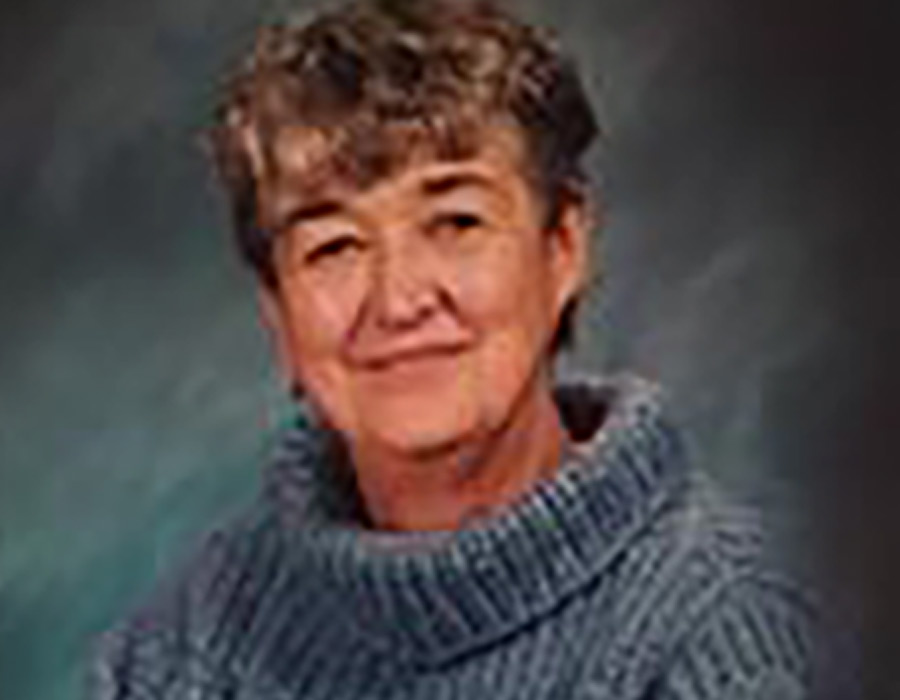
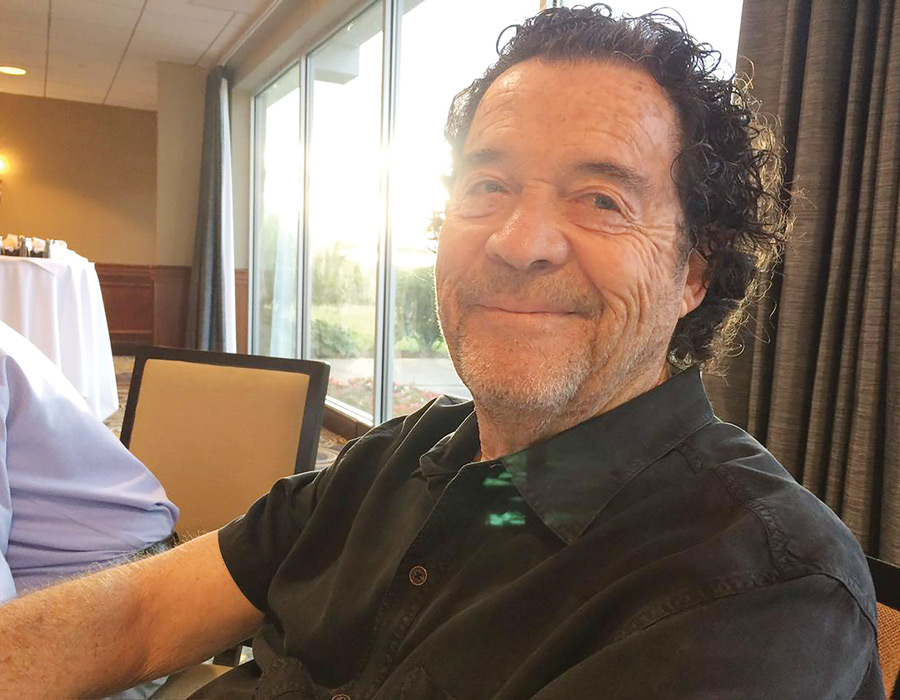
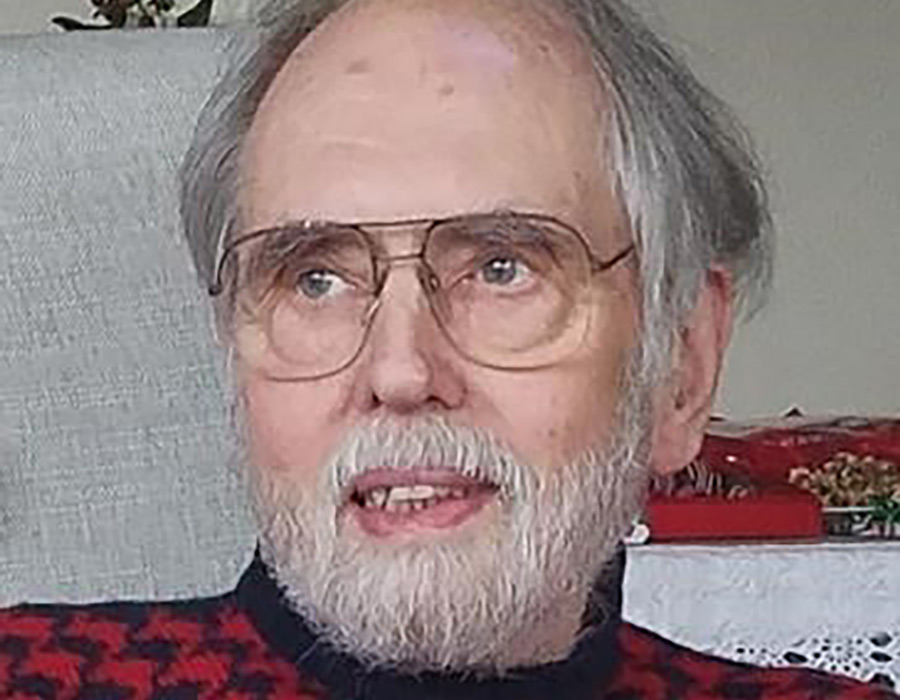
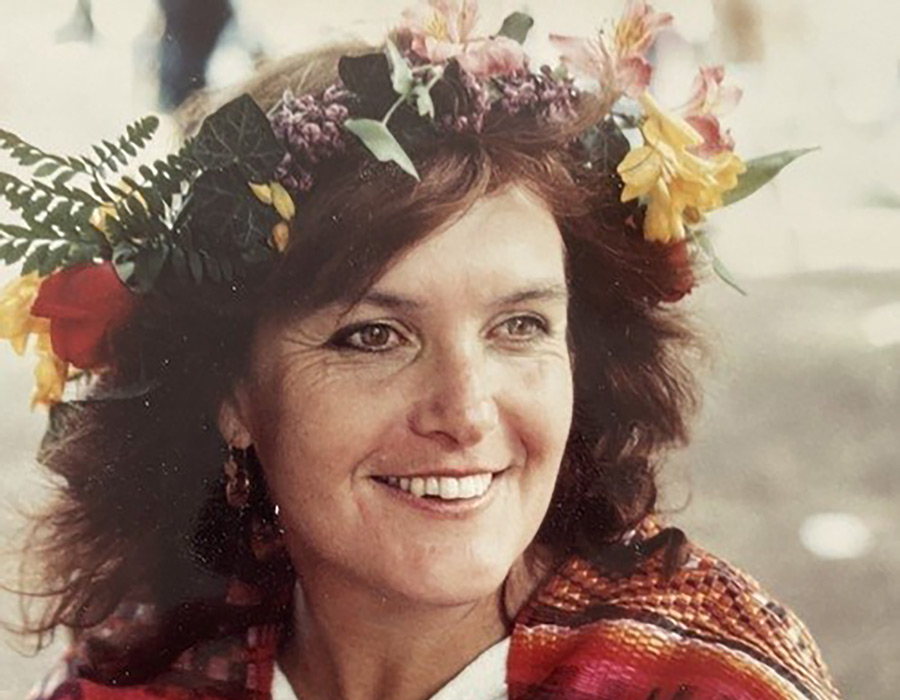
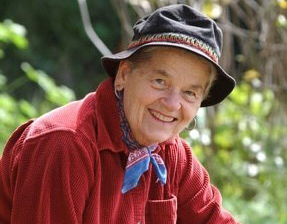
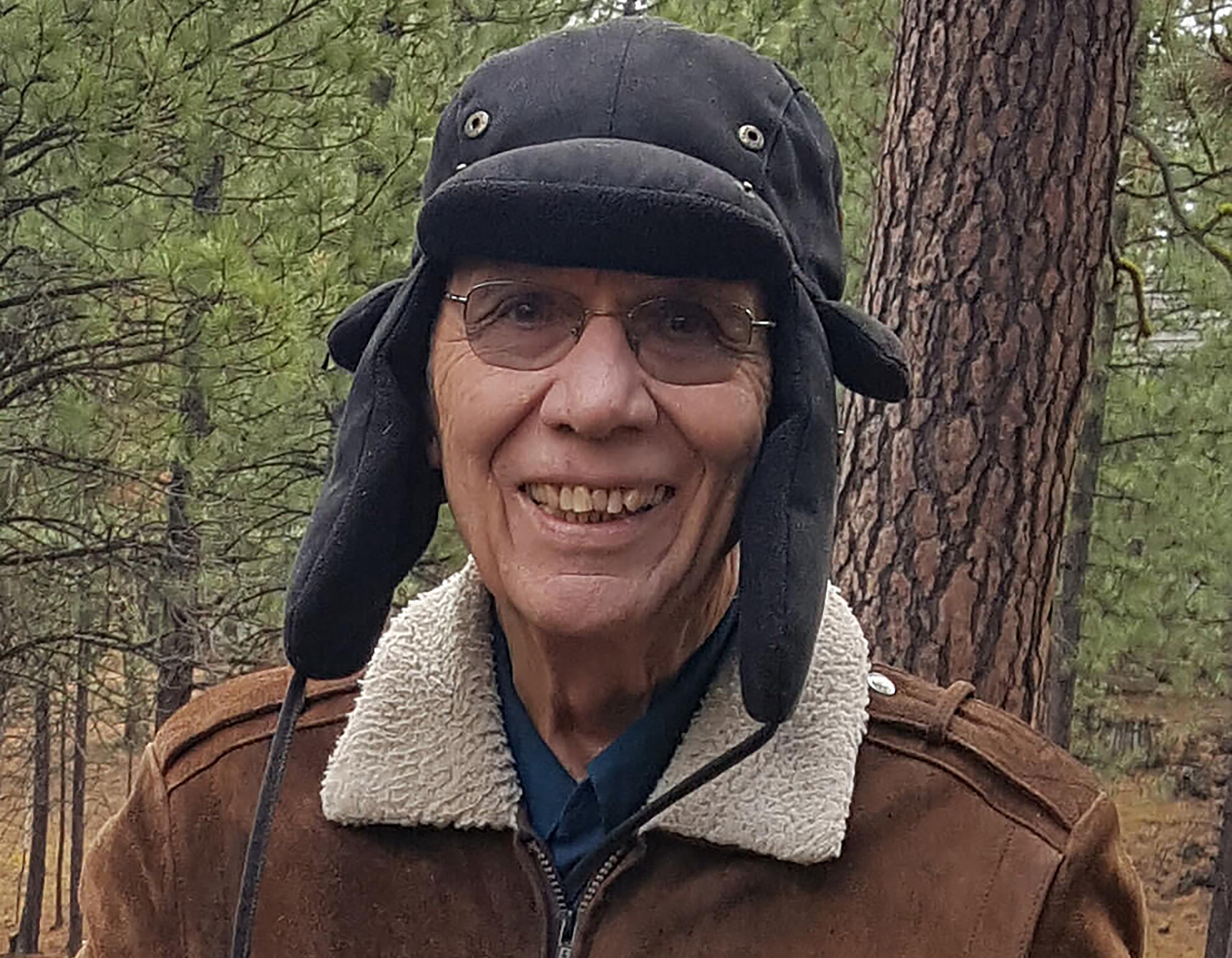
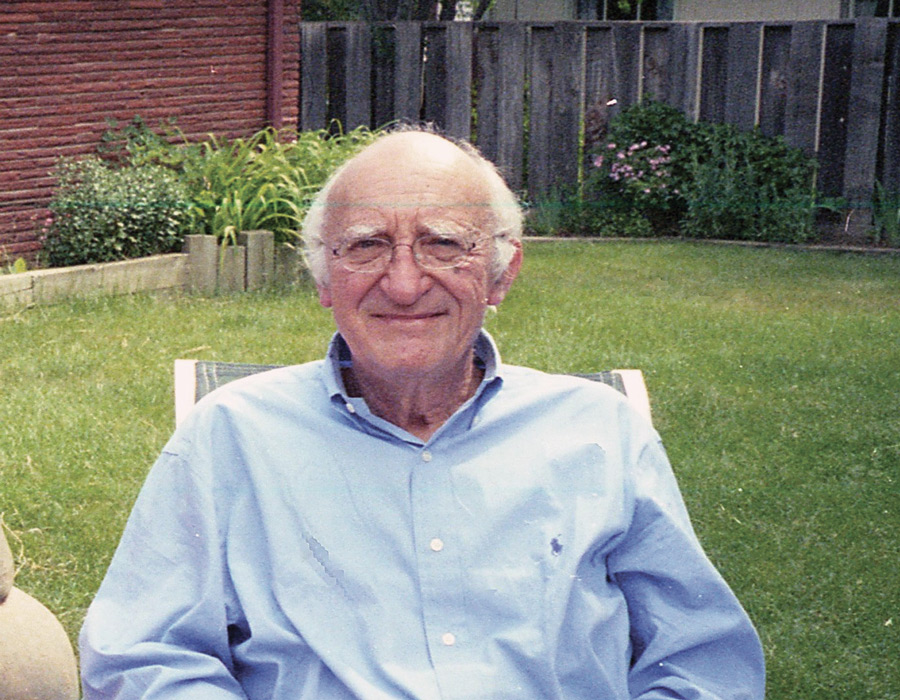
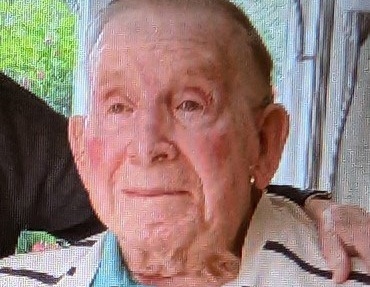
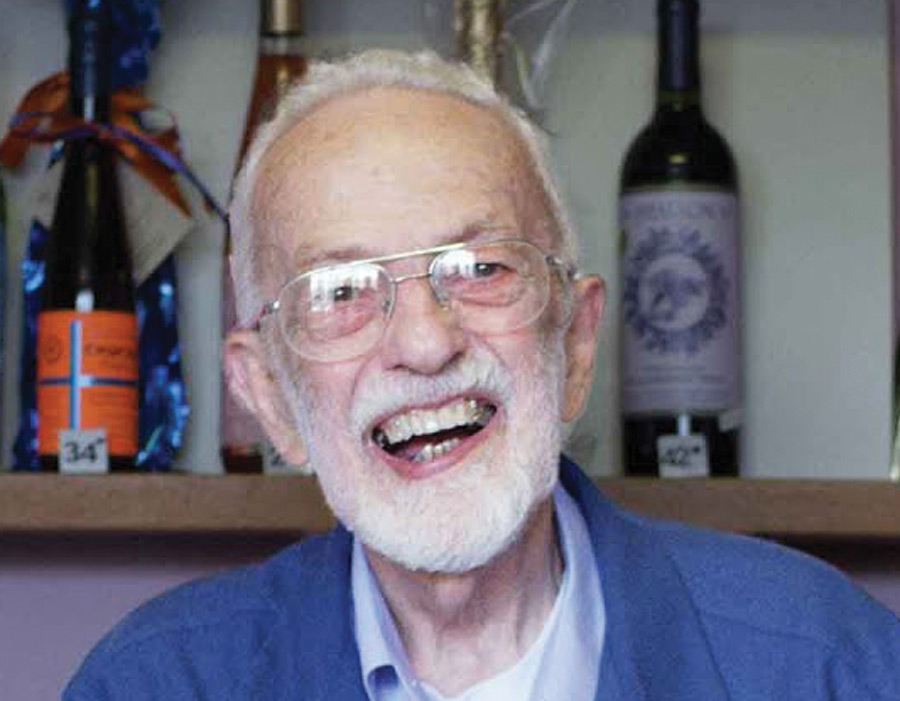
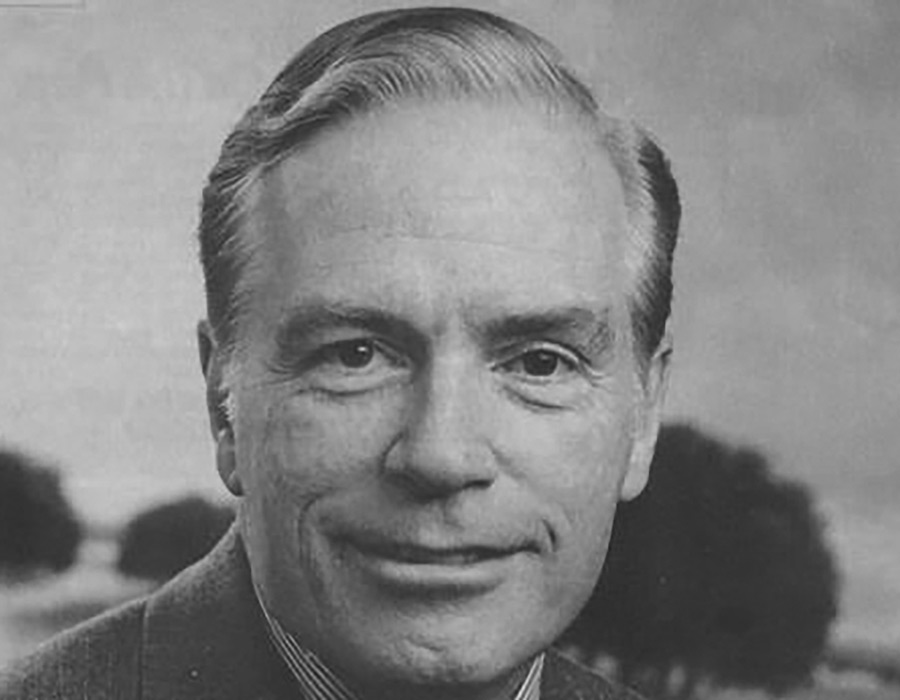
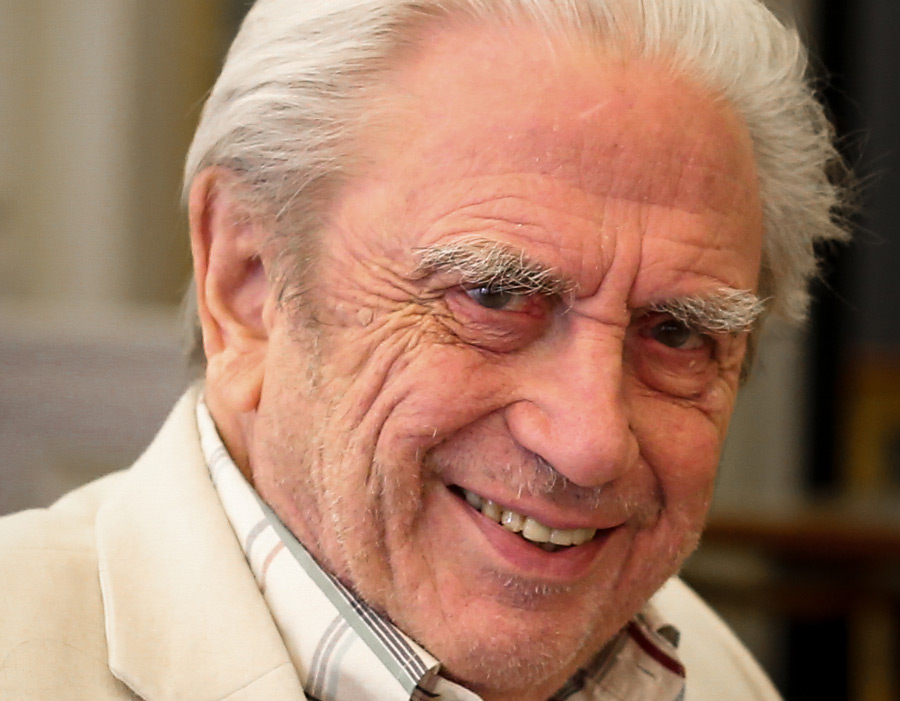
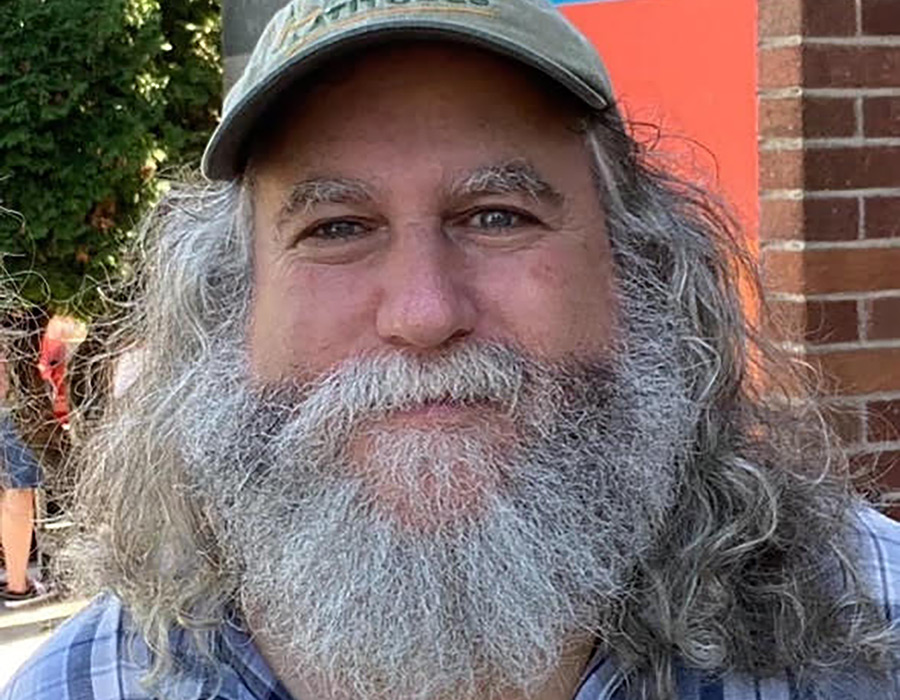


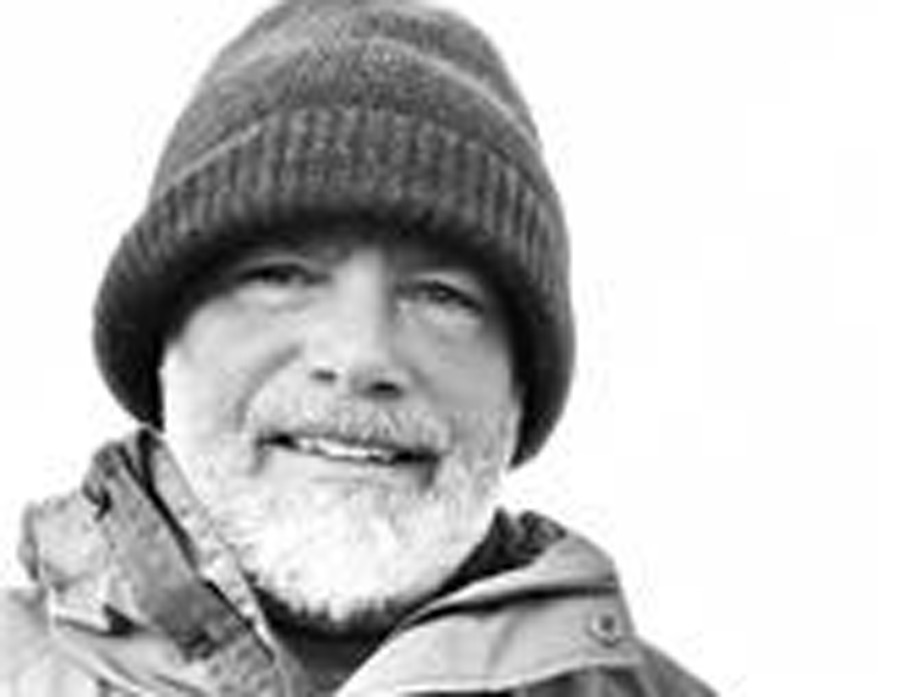
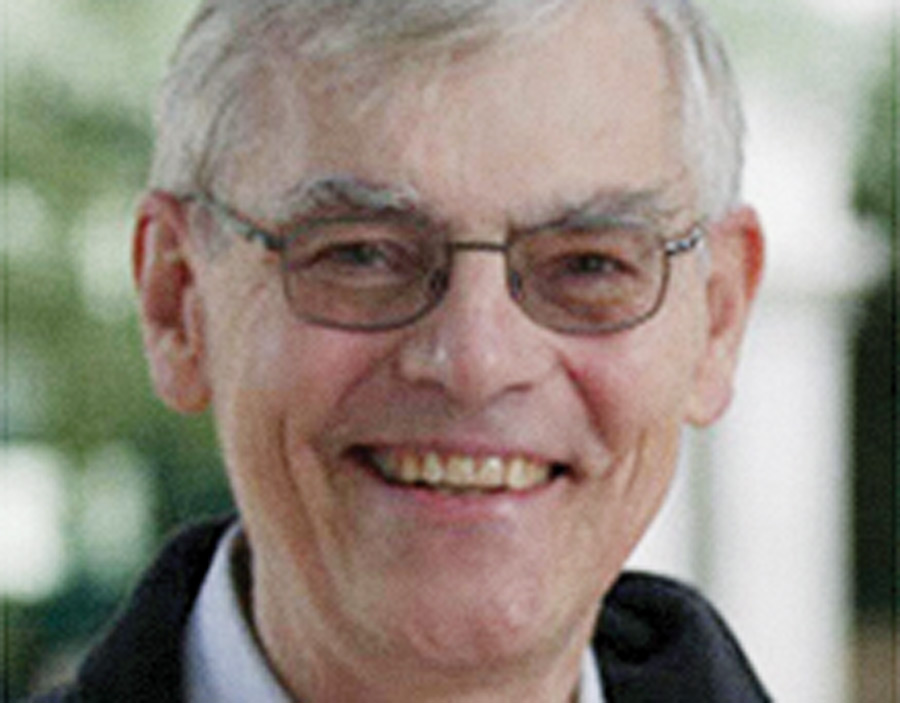
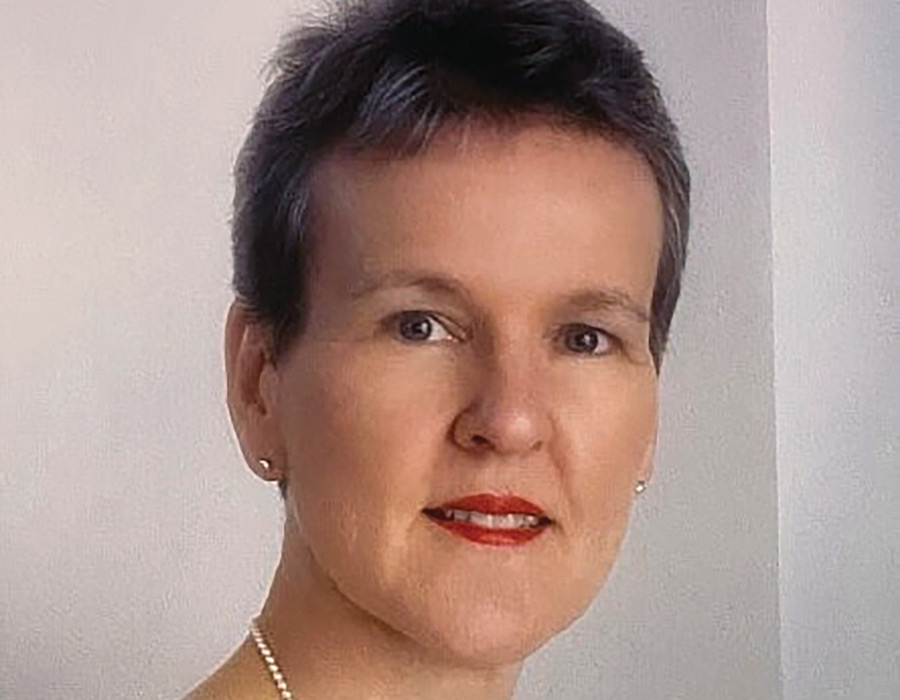
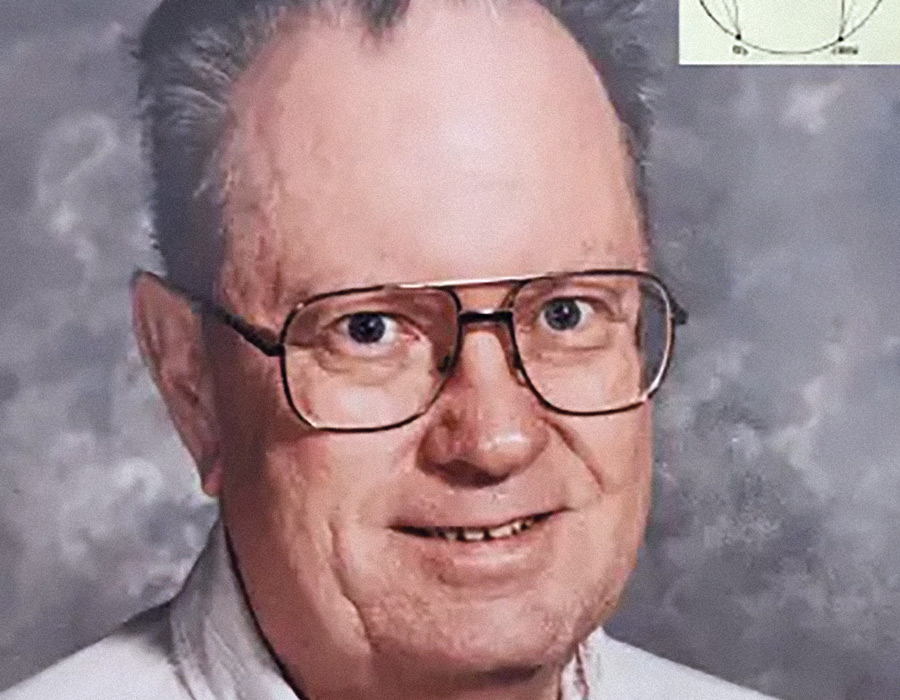
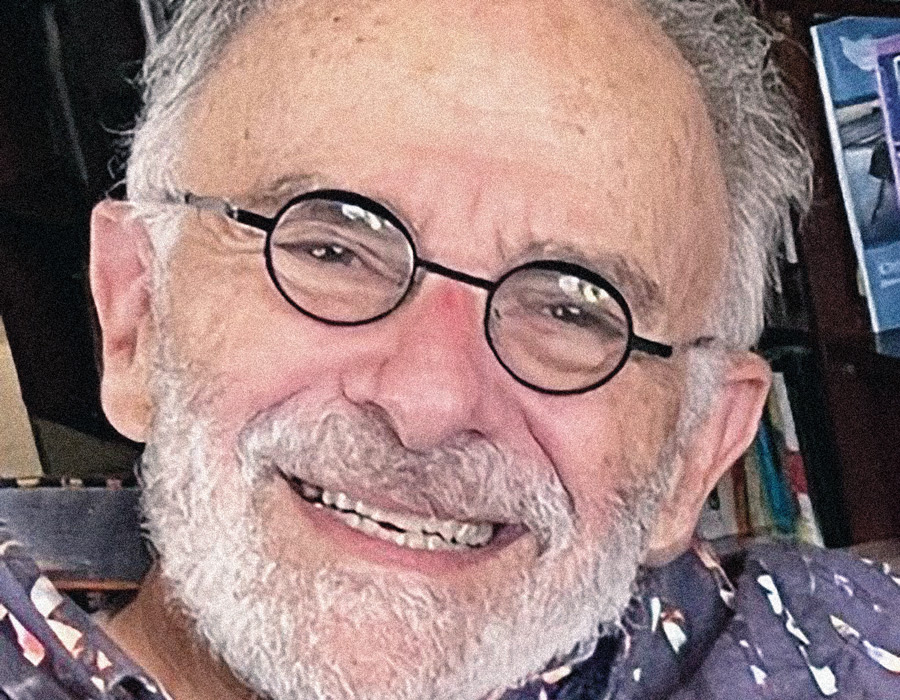
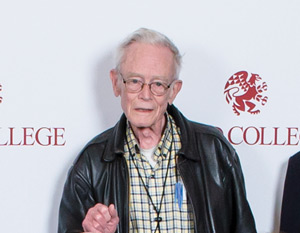
![Photo of Prof. Laurens Ruben [biology 1955–92]](https://www.reed.edu/reed-magazine/in-memoriam/assets/images/Larry-Ruben-copy.jpg)
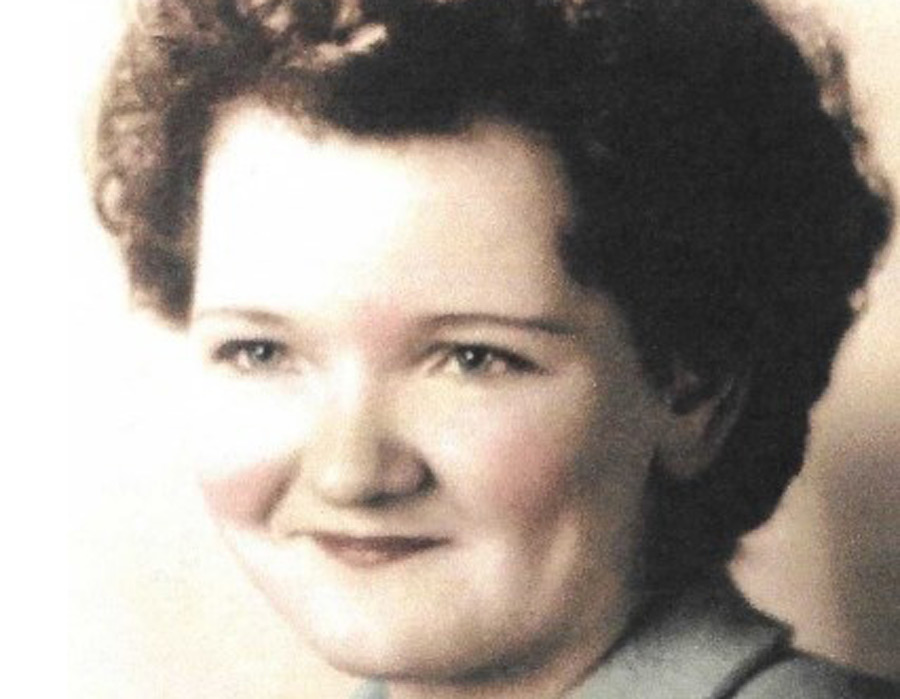
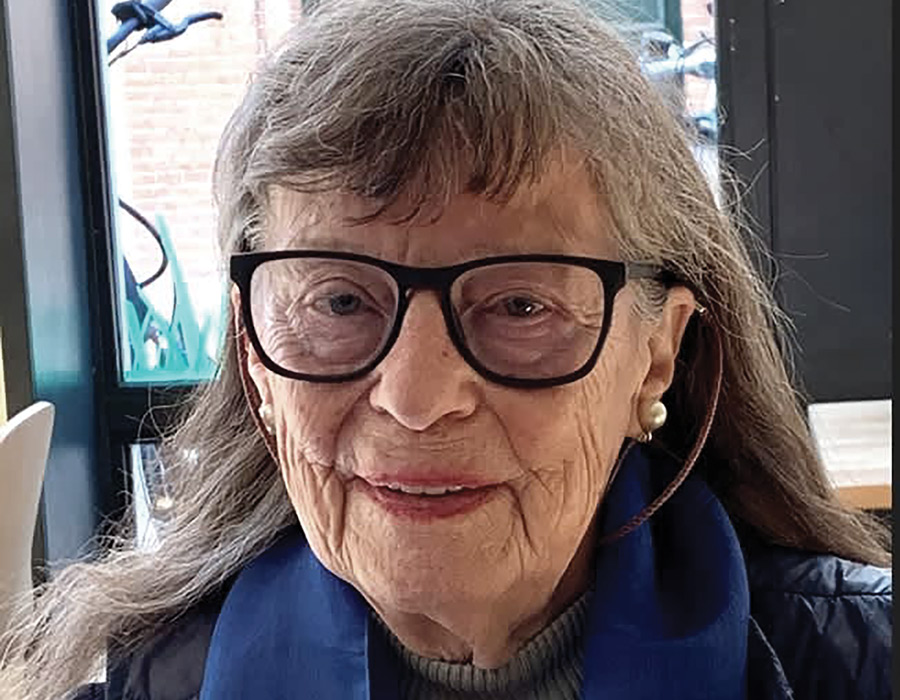
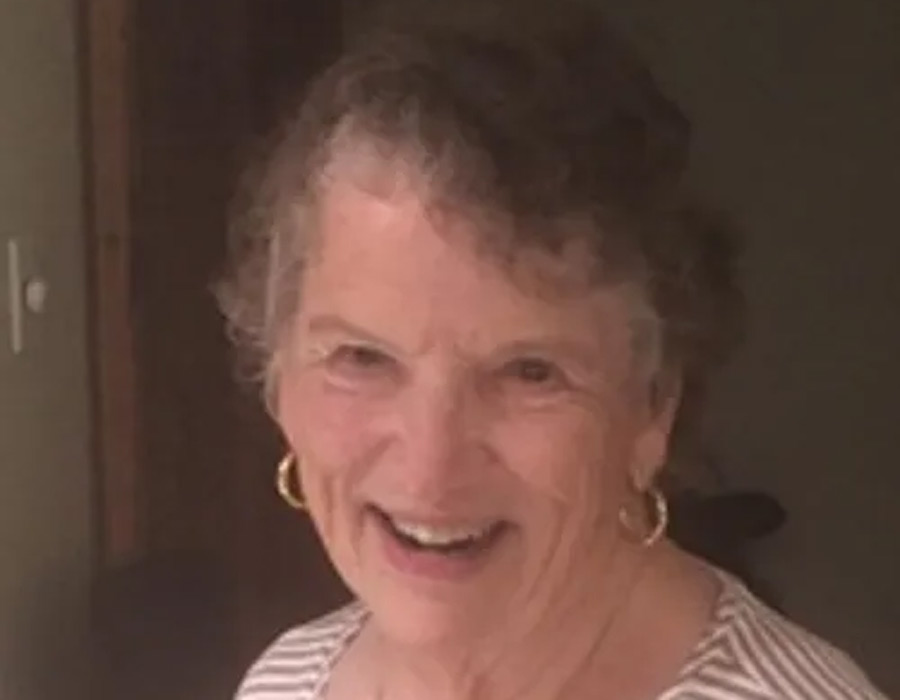
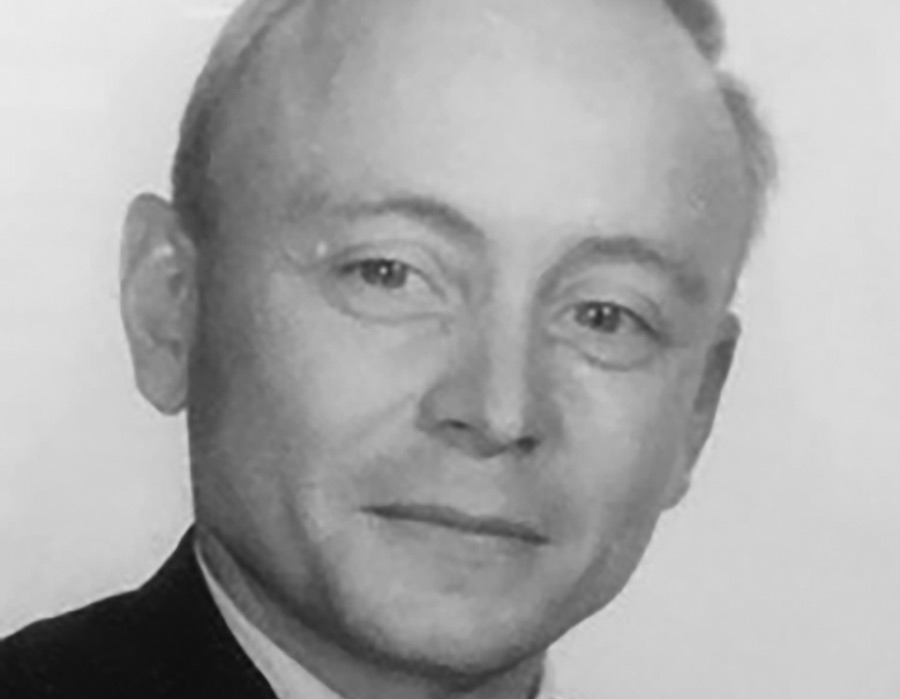
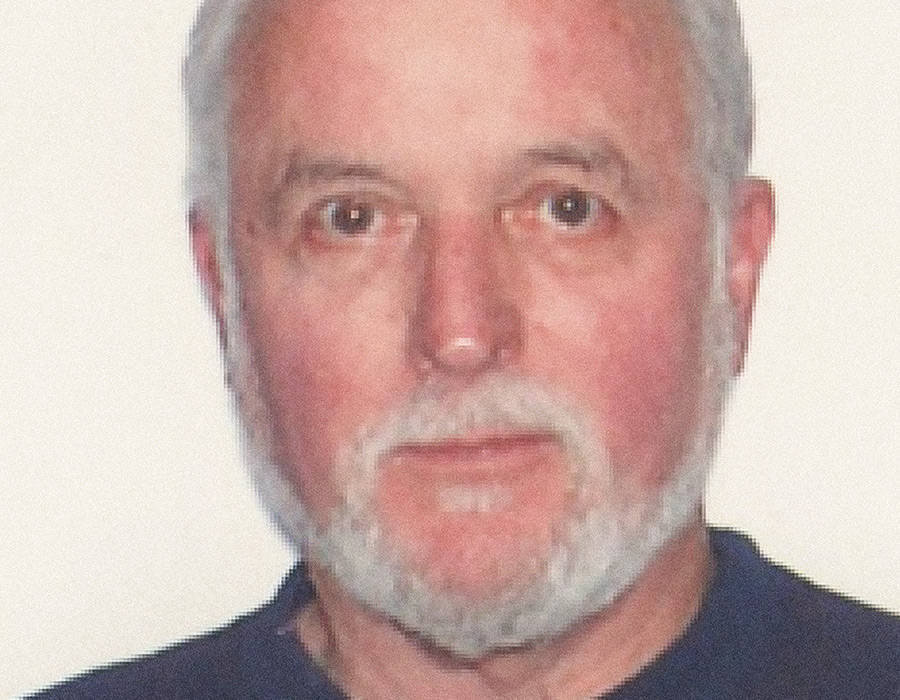
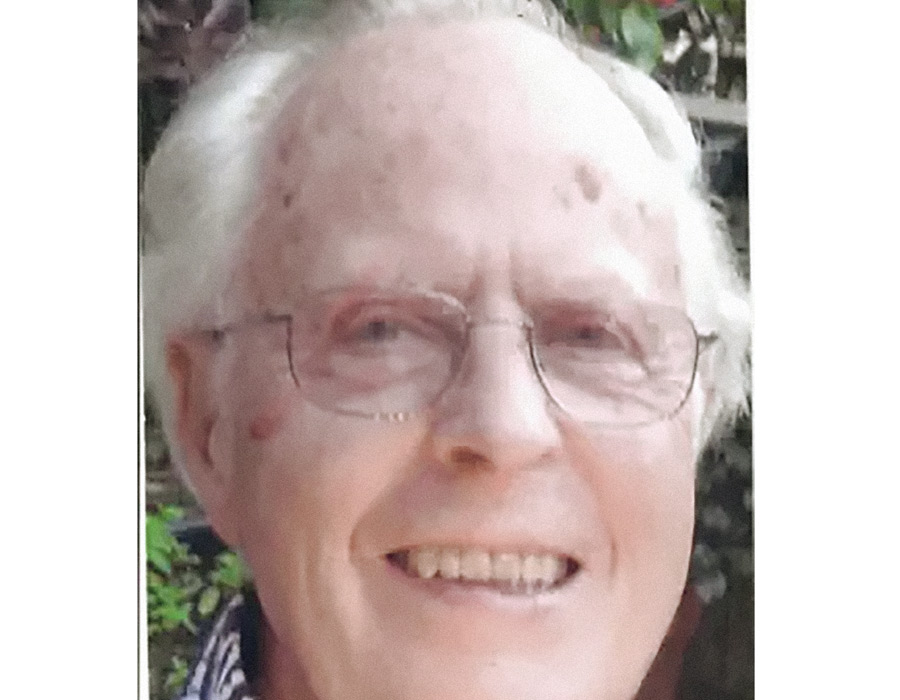

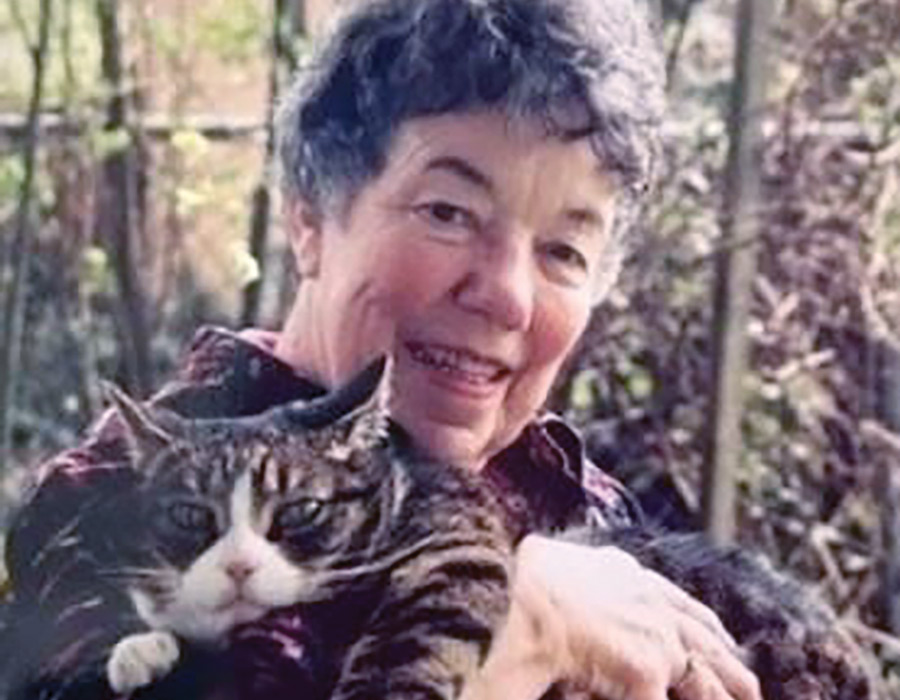
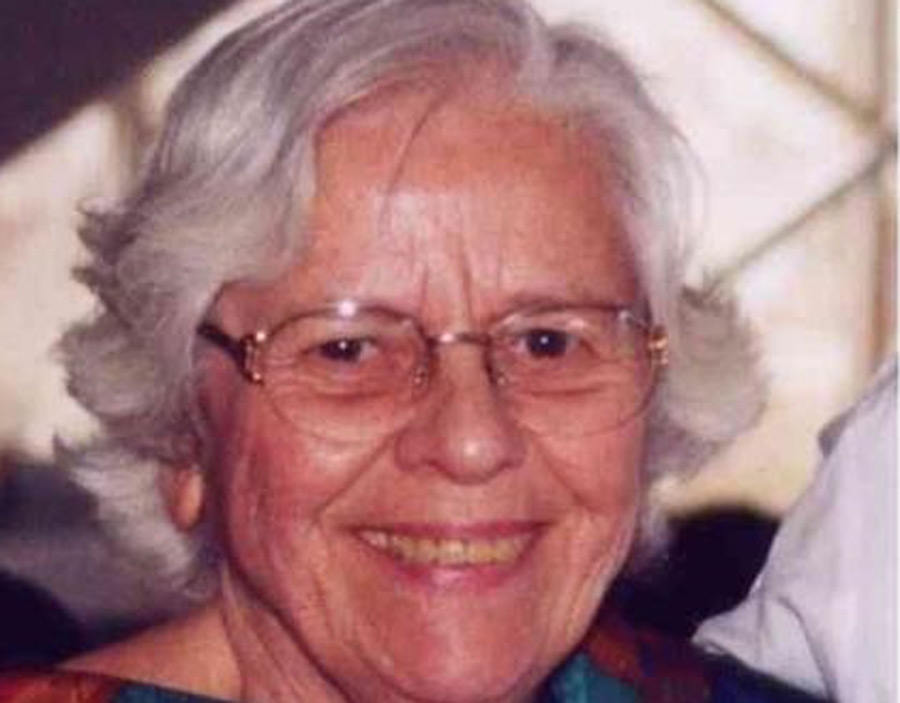
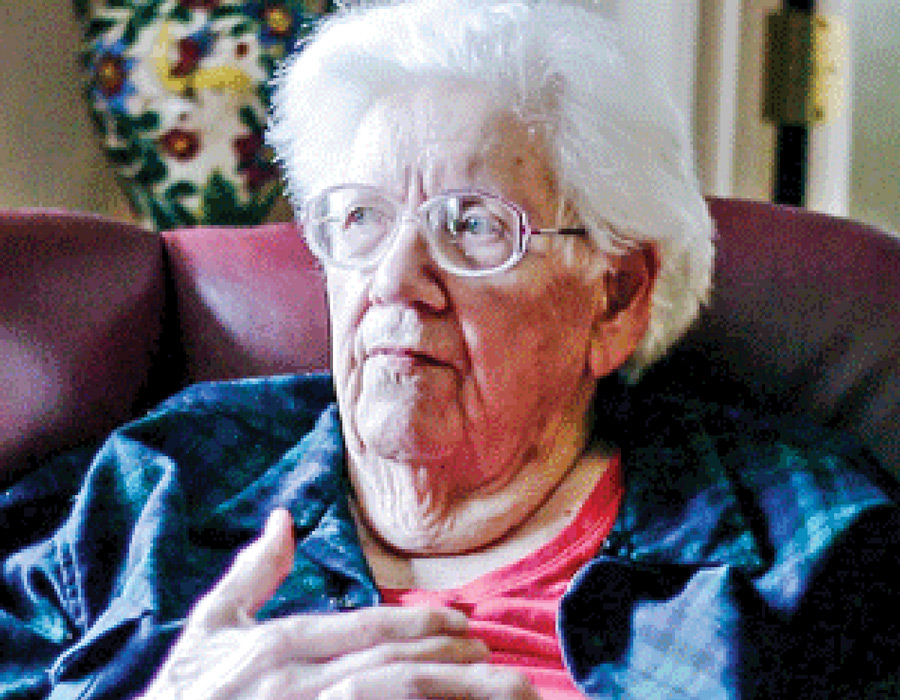
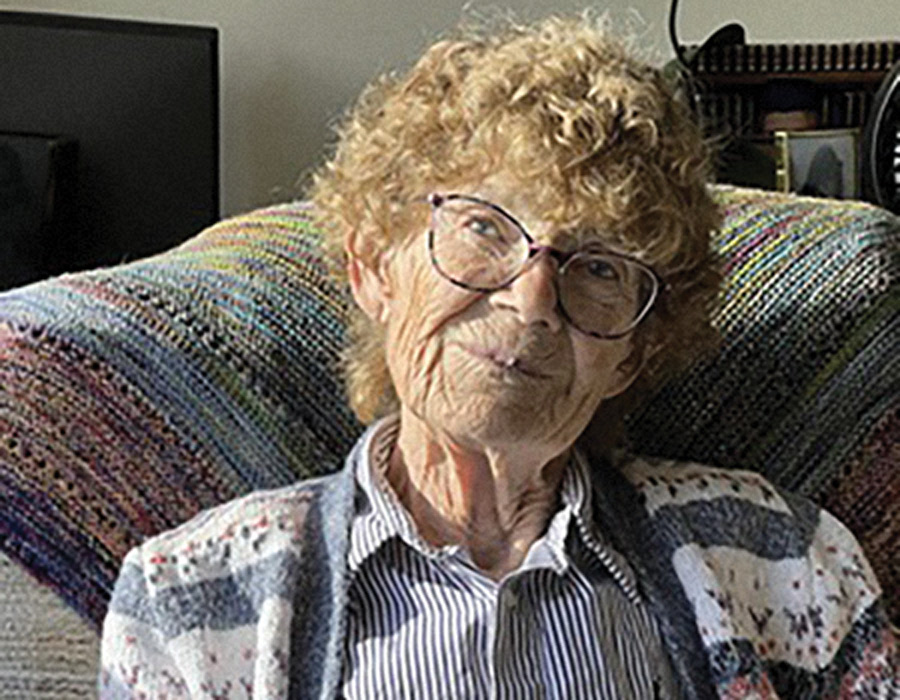
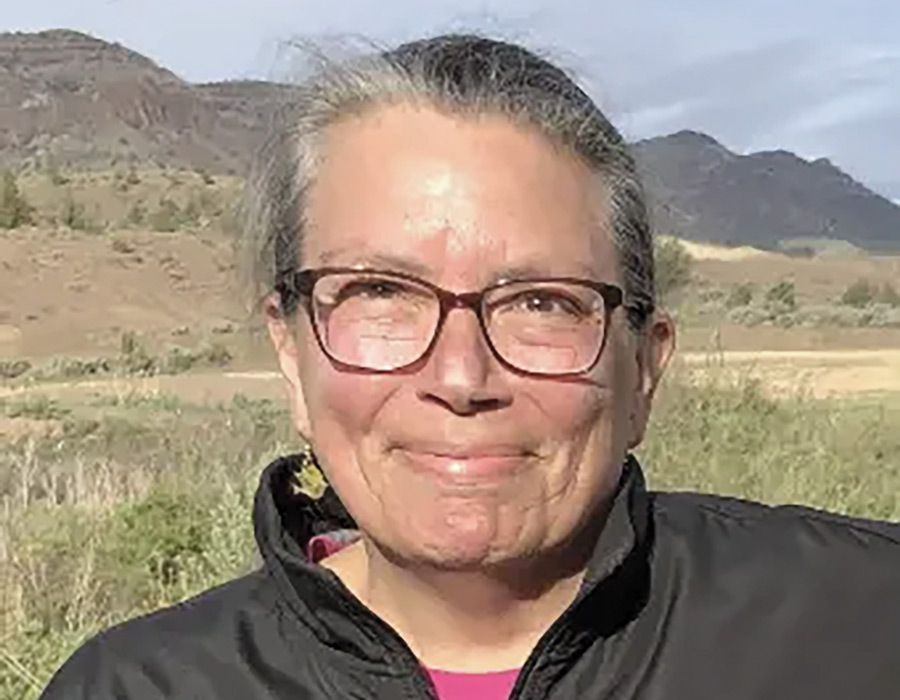
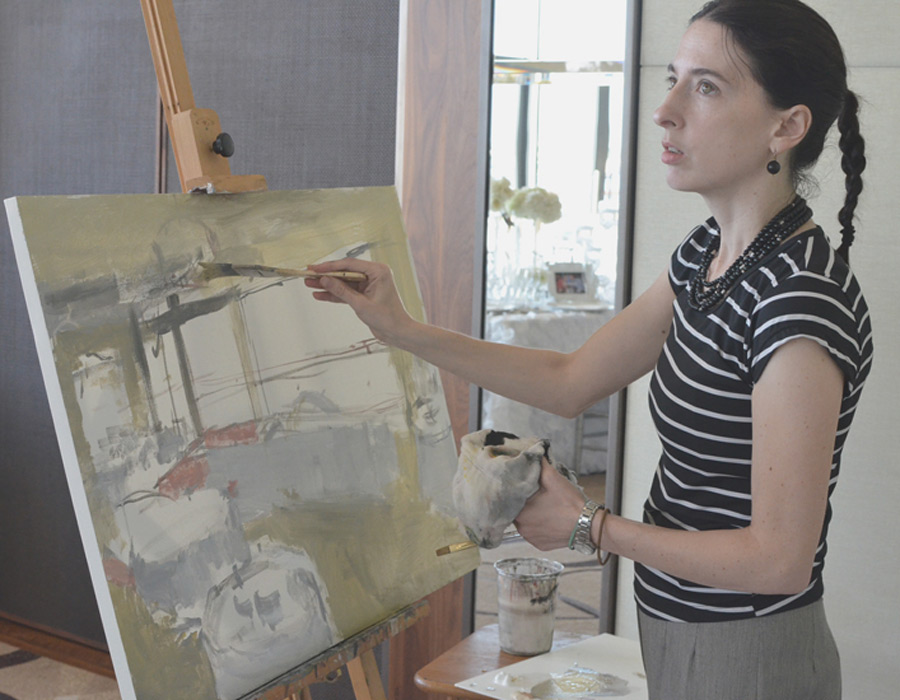
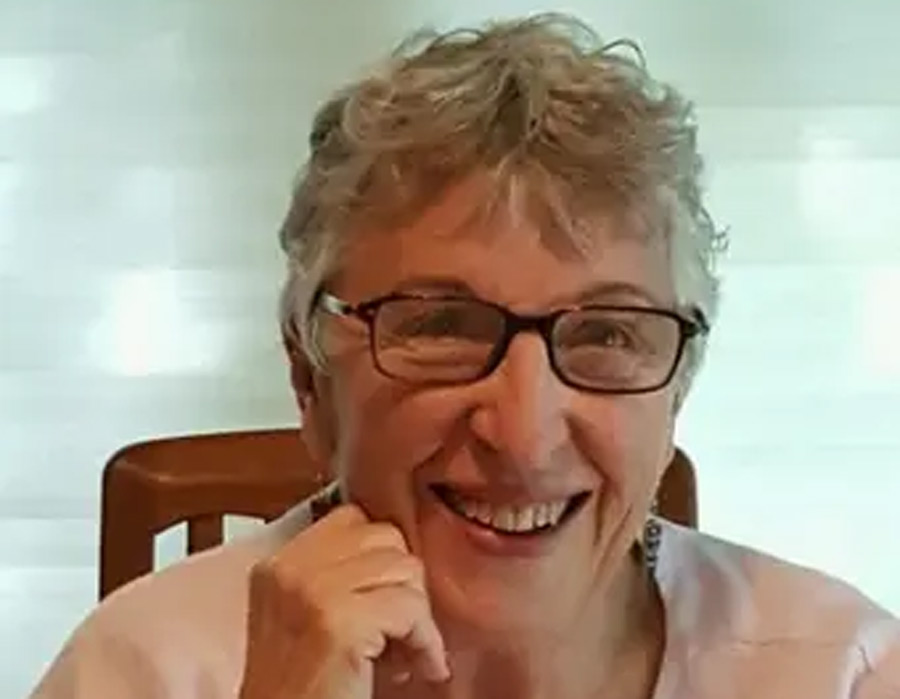
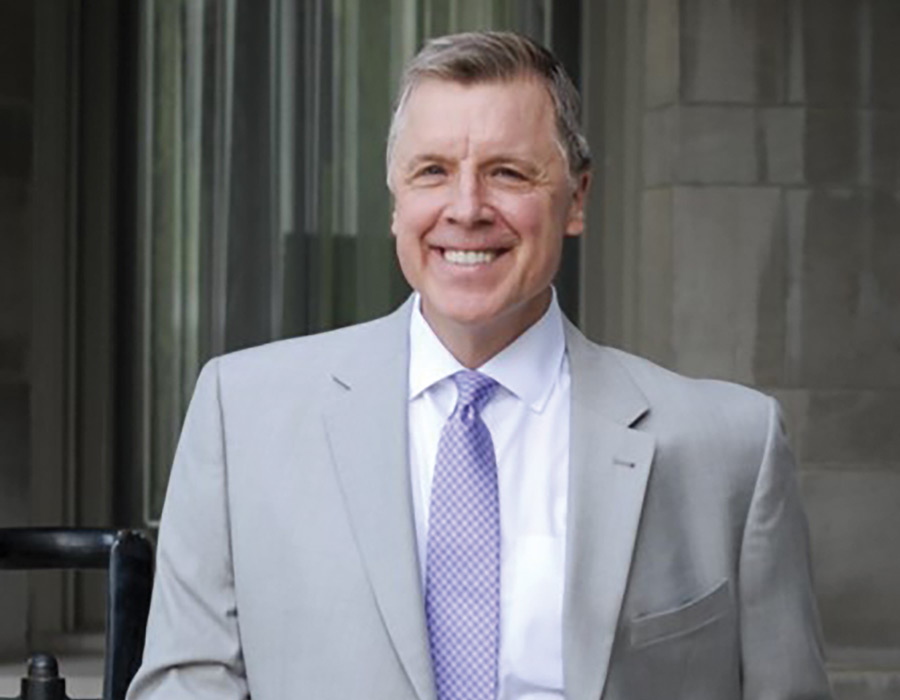
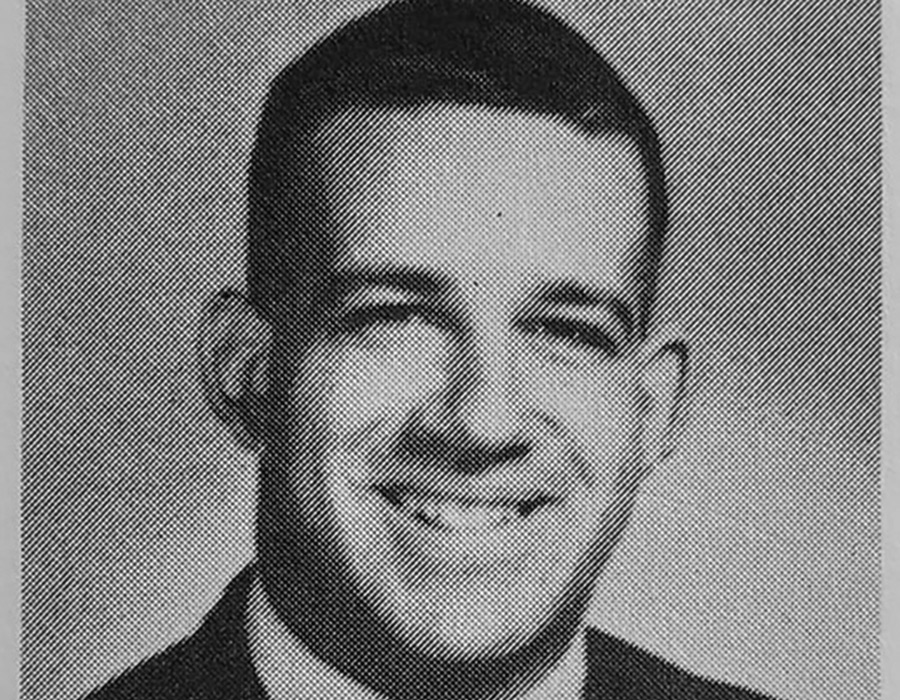
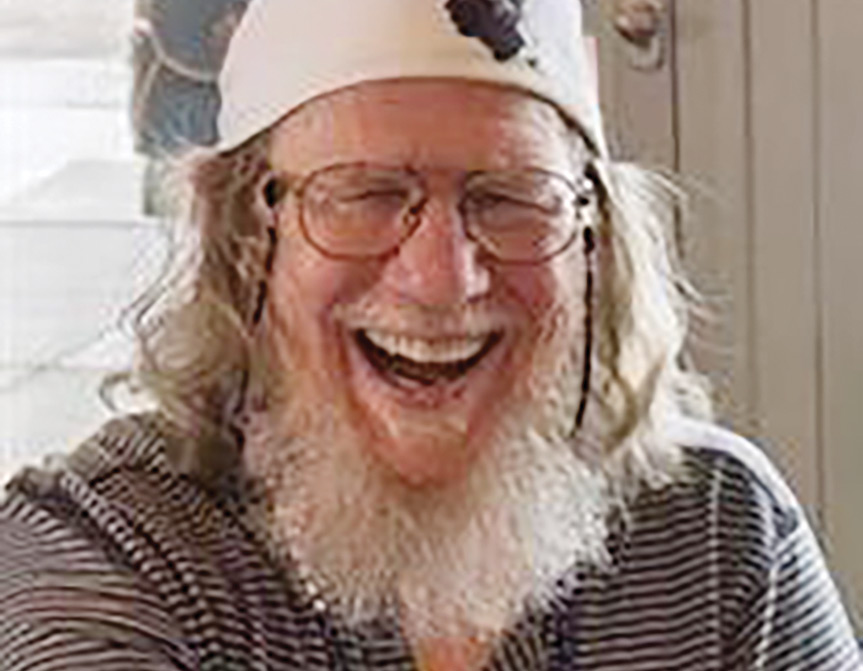
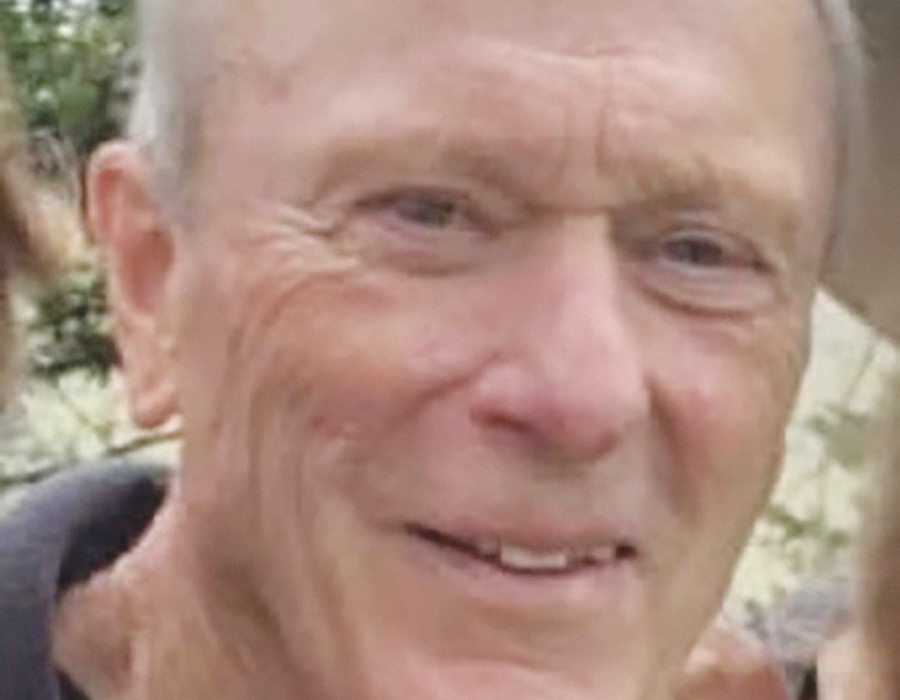
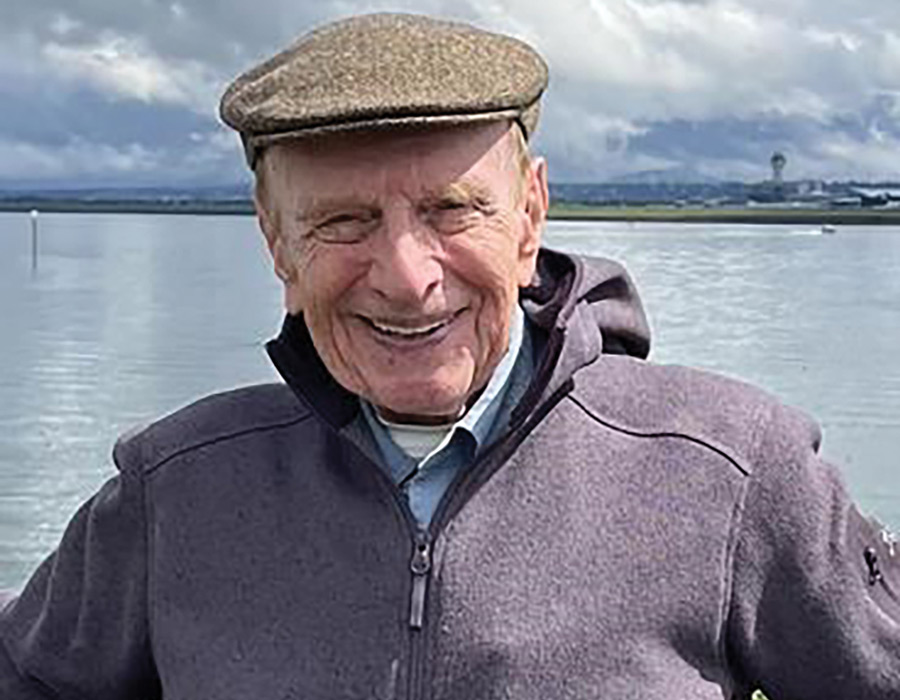
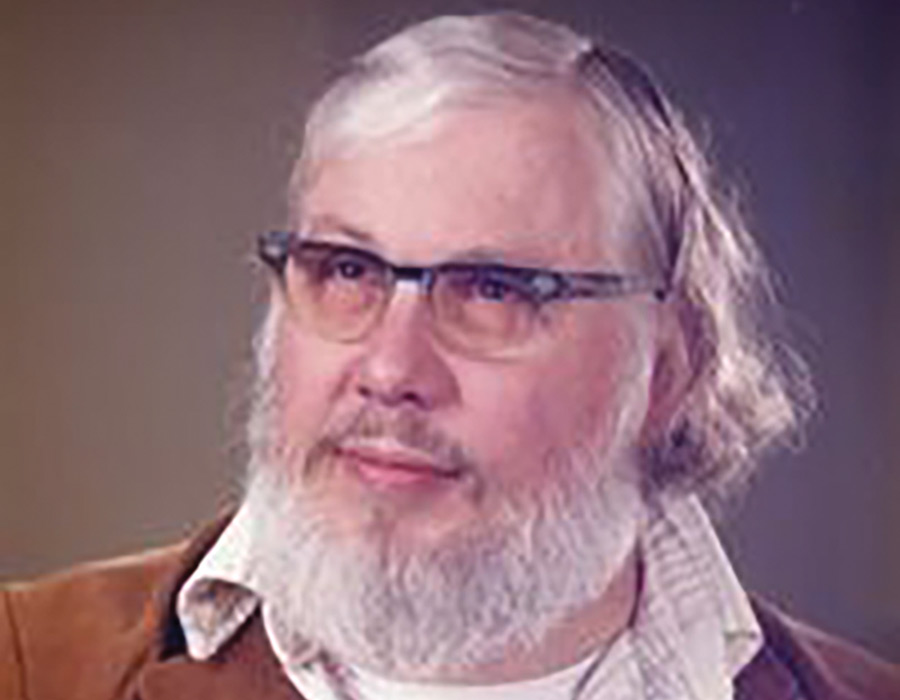
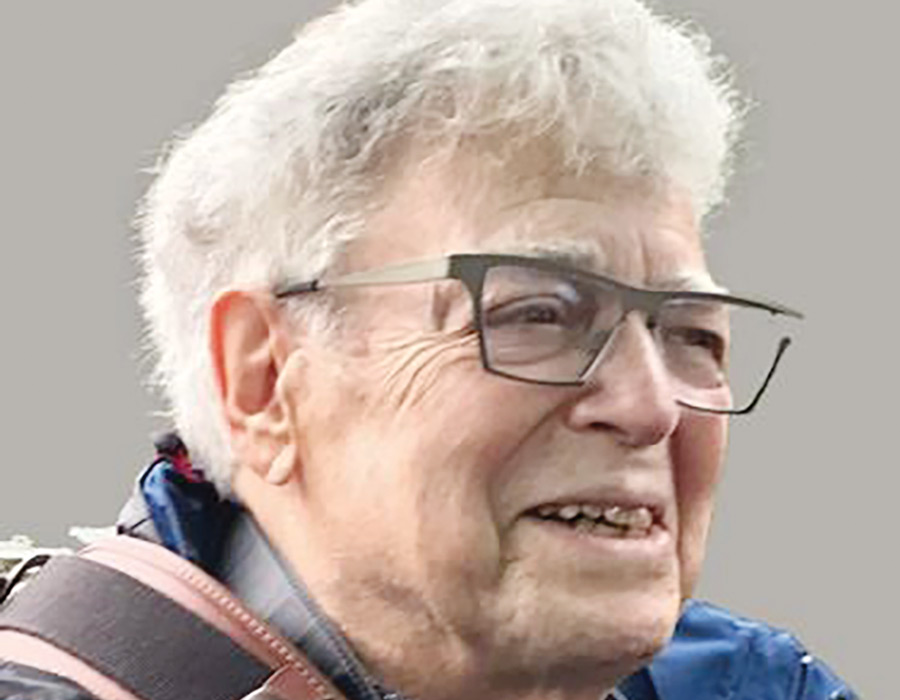
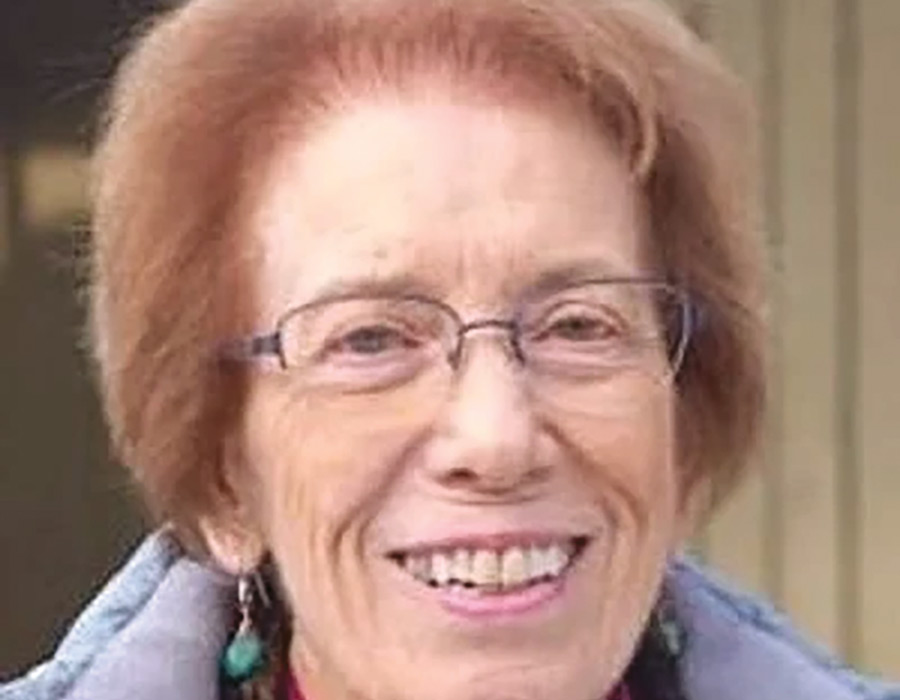
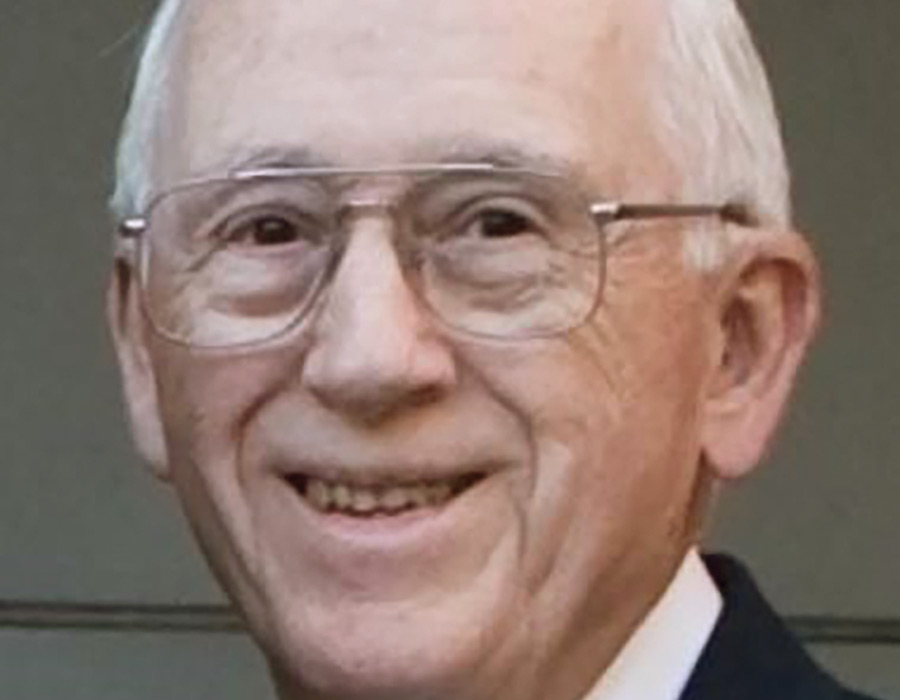
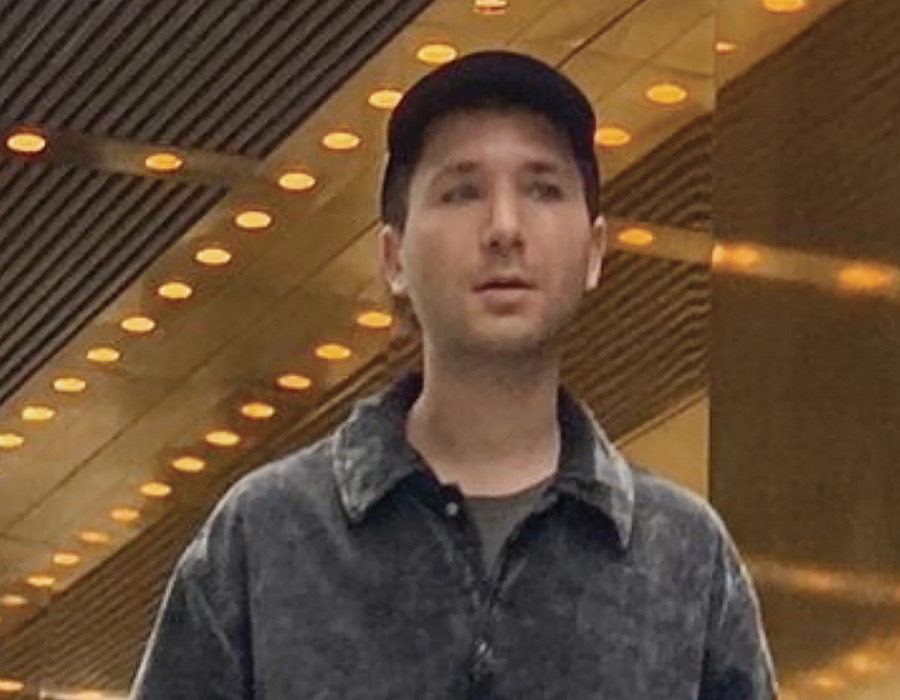
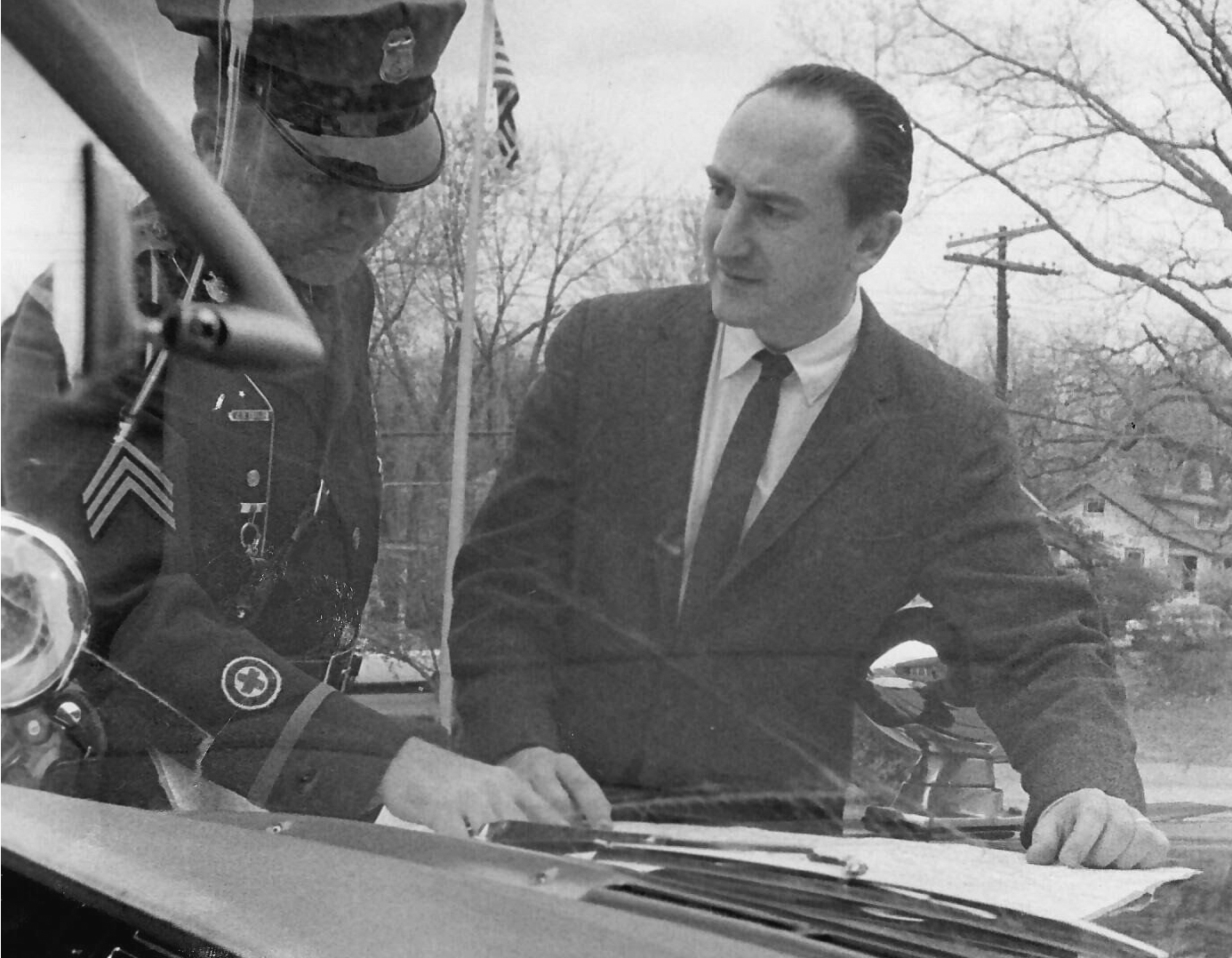

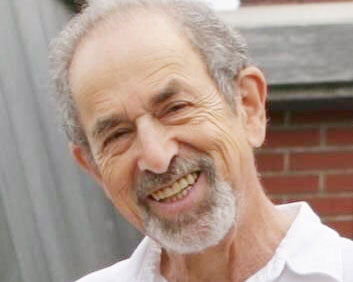
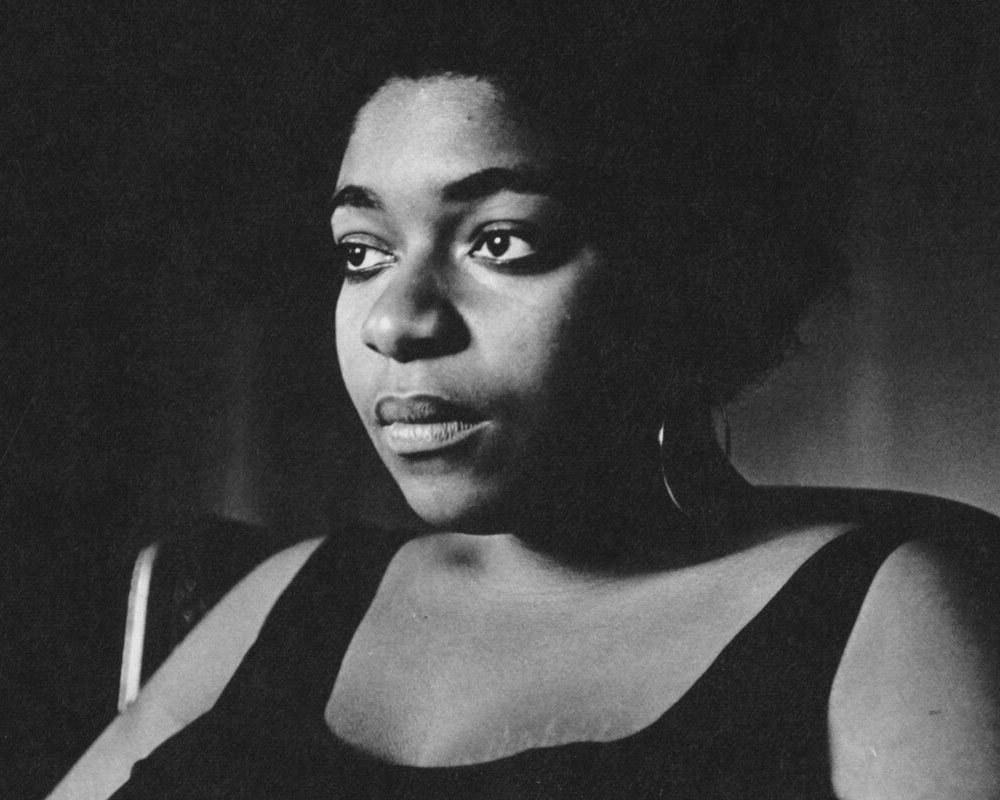


![Photo of Prof. Marvin Levich [philosophy 1953–94]](https://www.reed.edu/reed-magazine/in-memoriam/assets/images/2022/LTL-levich1.jpg)
![Photo of President Paul E. Bragdon [1971–88]](https://www.reed.edu/reed-magazine/in-memoriam/assets/images/2020/Bragdon.jpg)
![Photo of Prof. Edward Barton Segel [history 1973–2011]](https://www.reed.edu/reed-magazine/in-memoriam/assets/images/2020/Segel.jpg)








































































